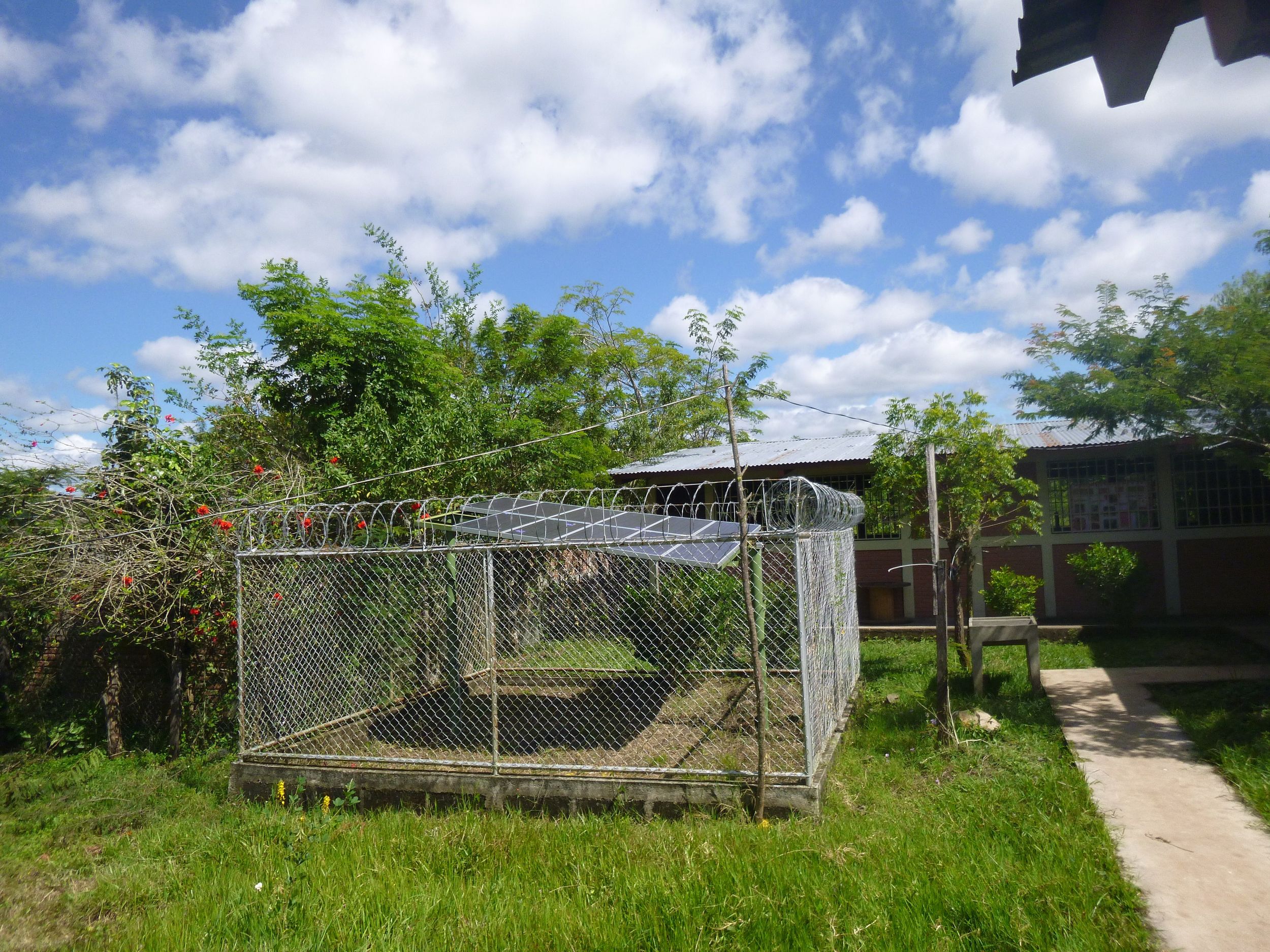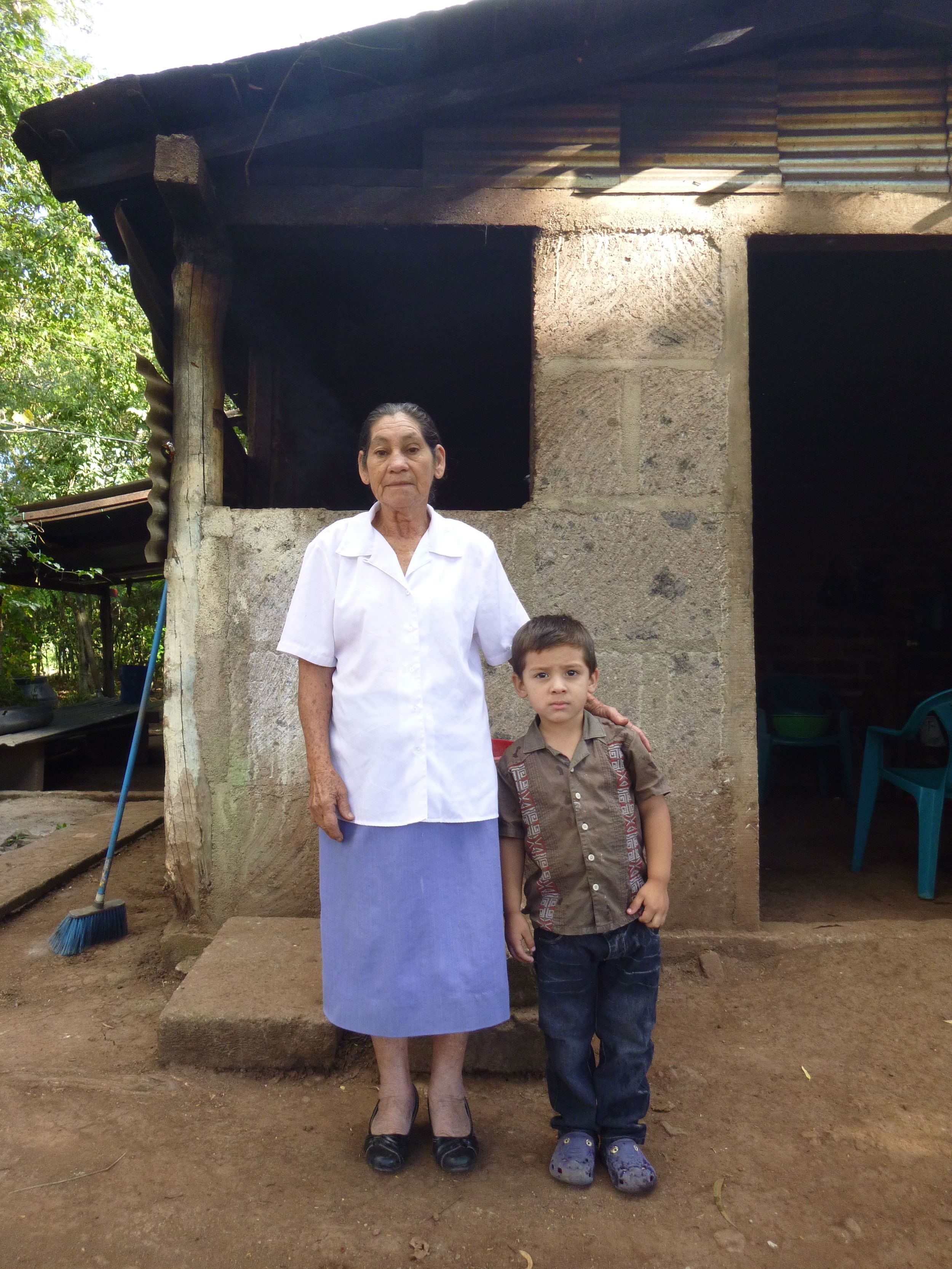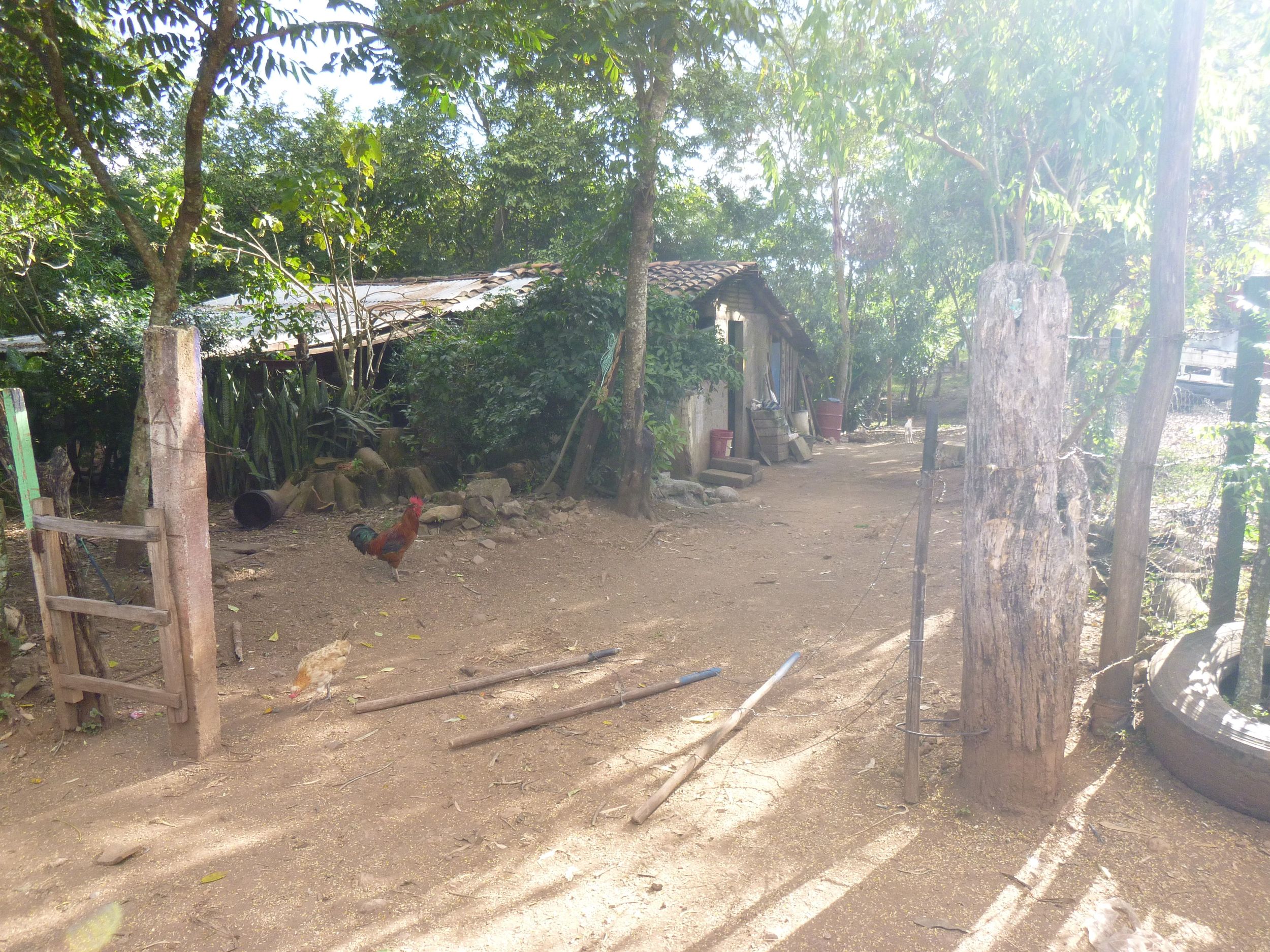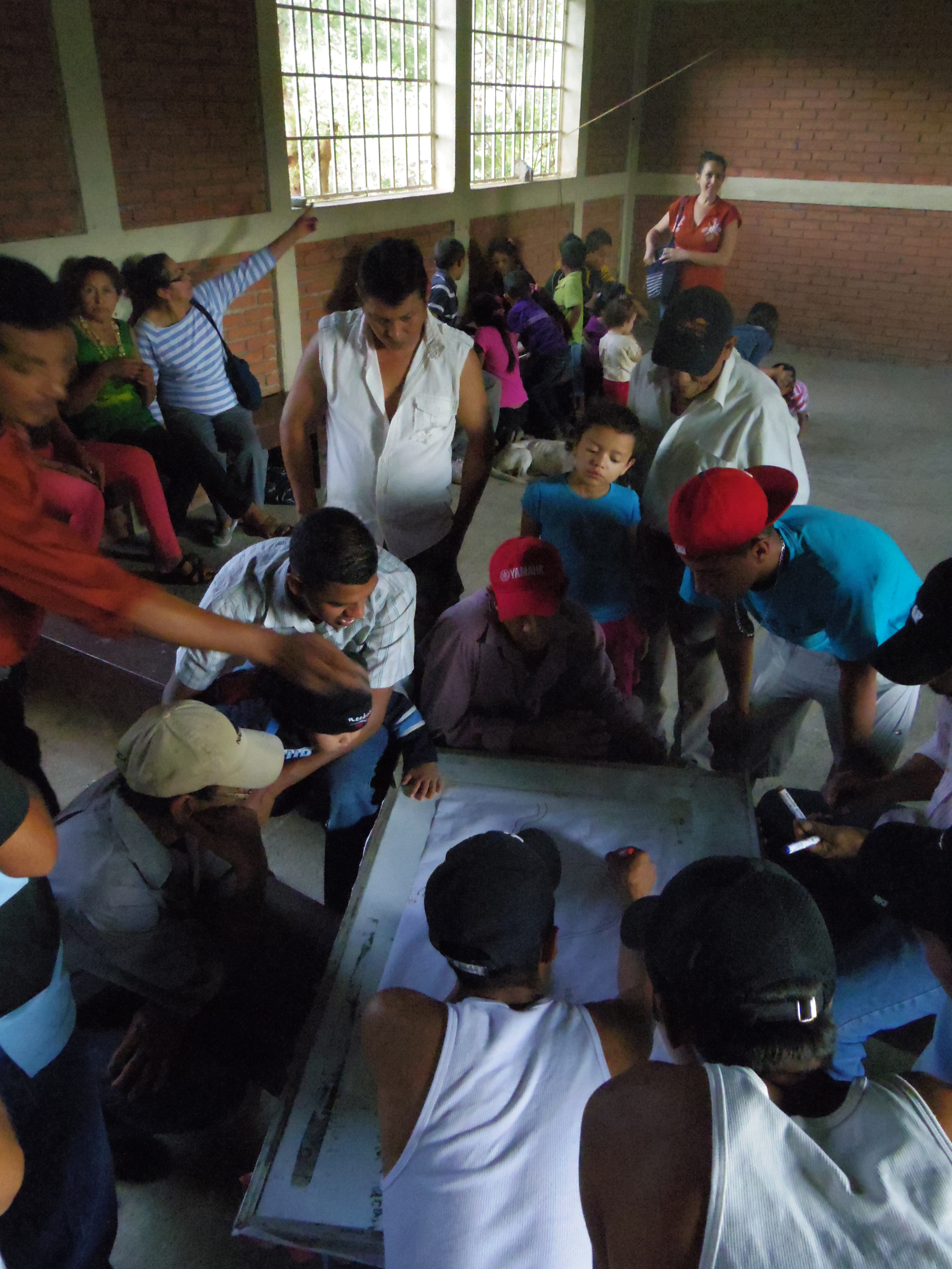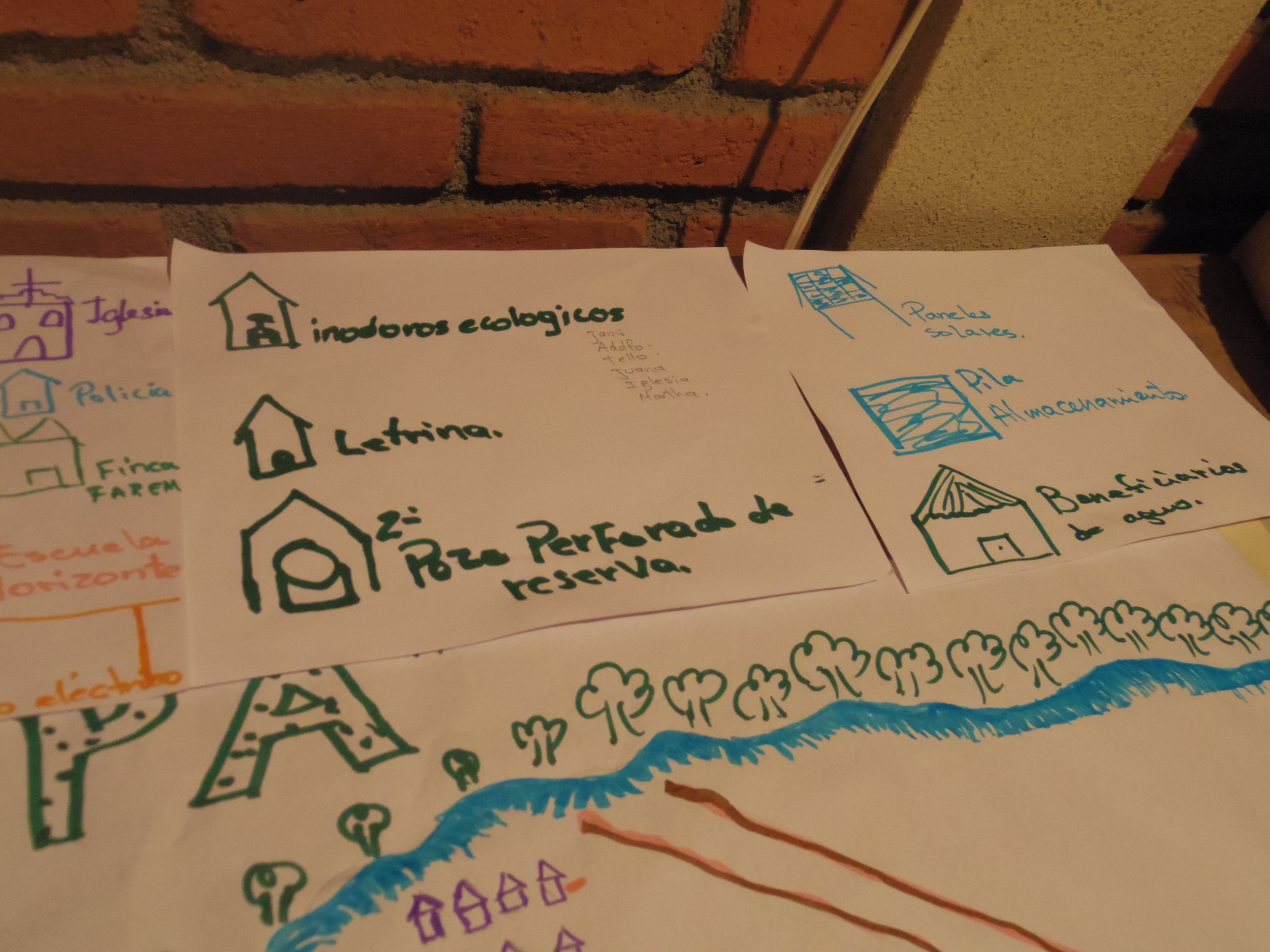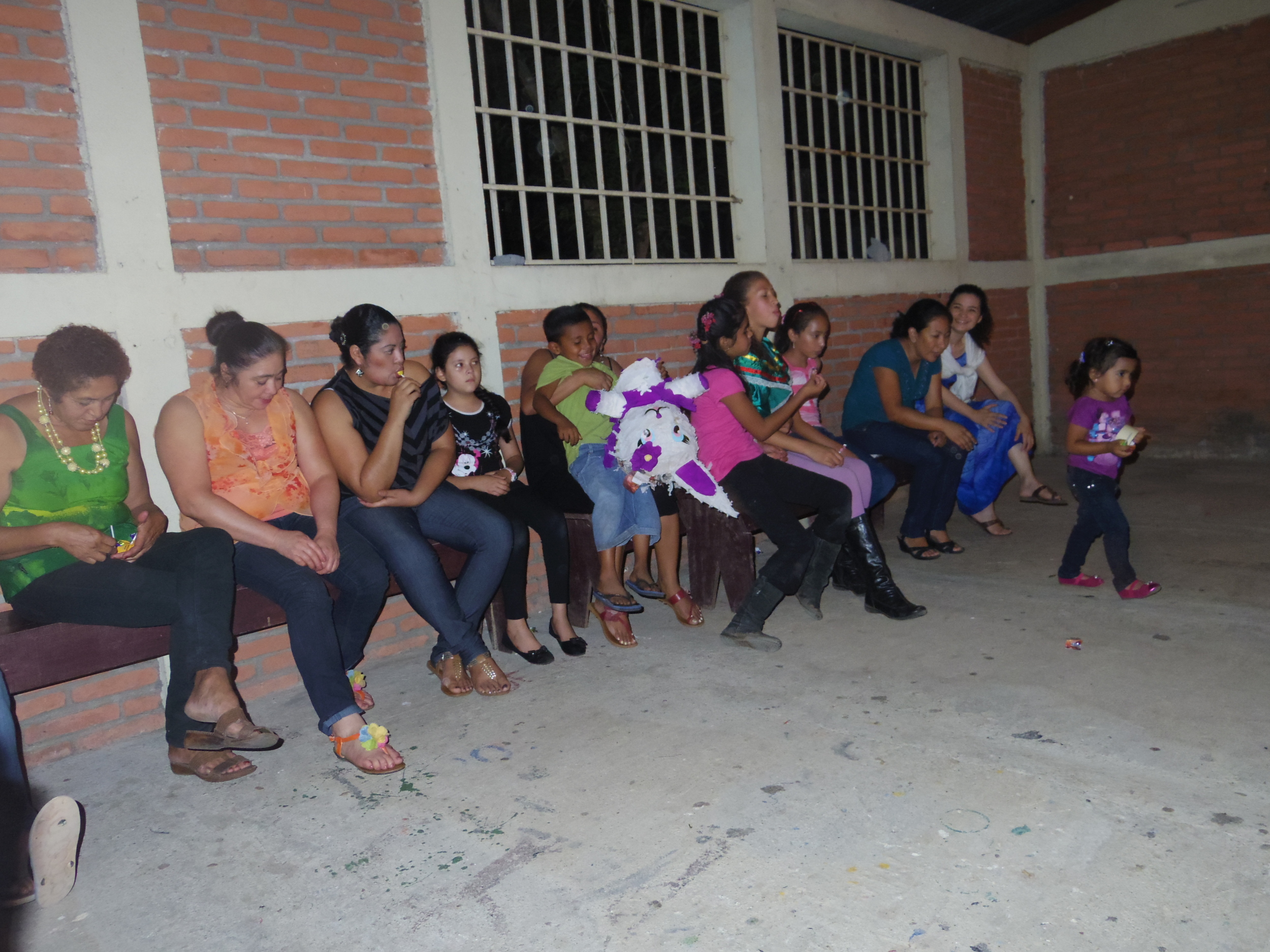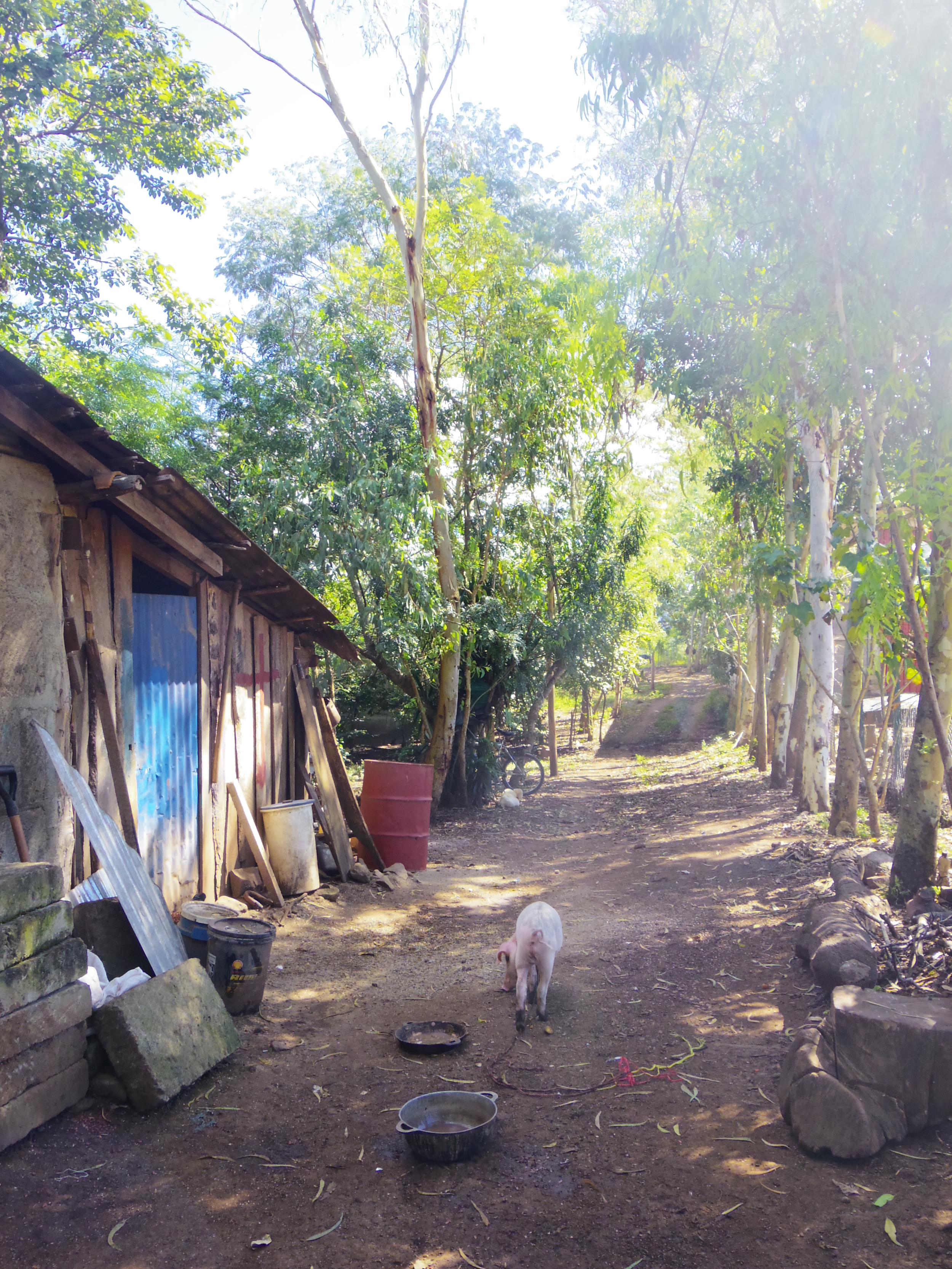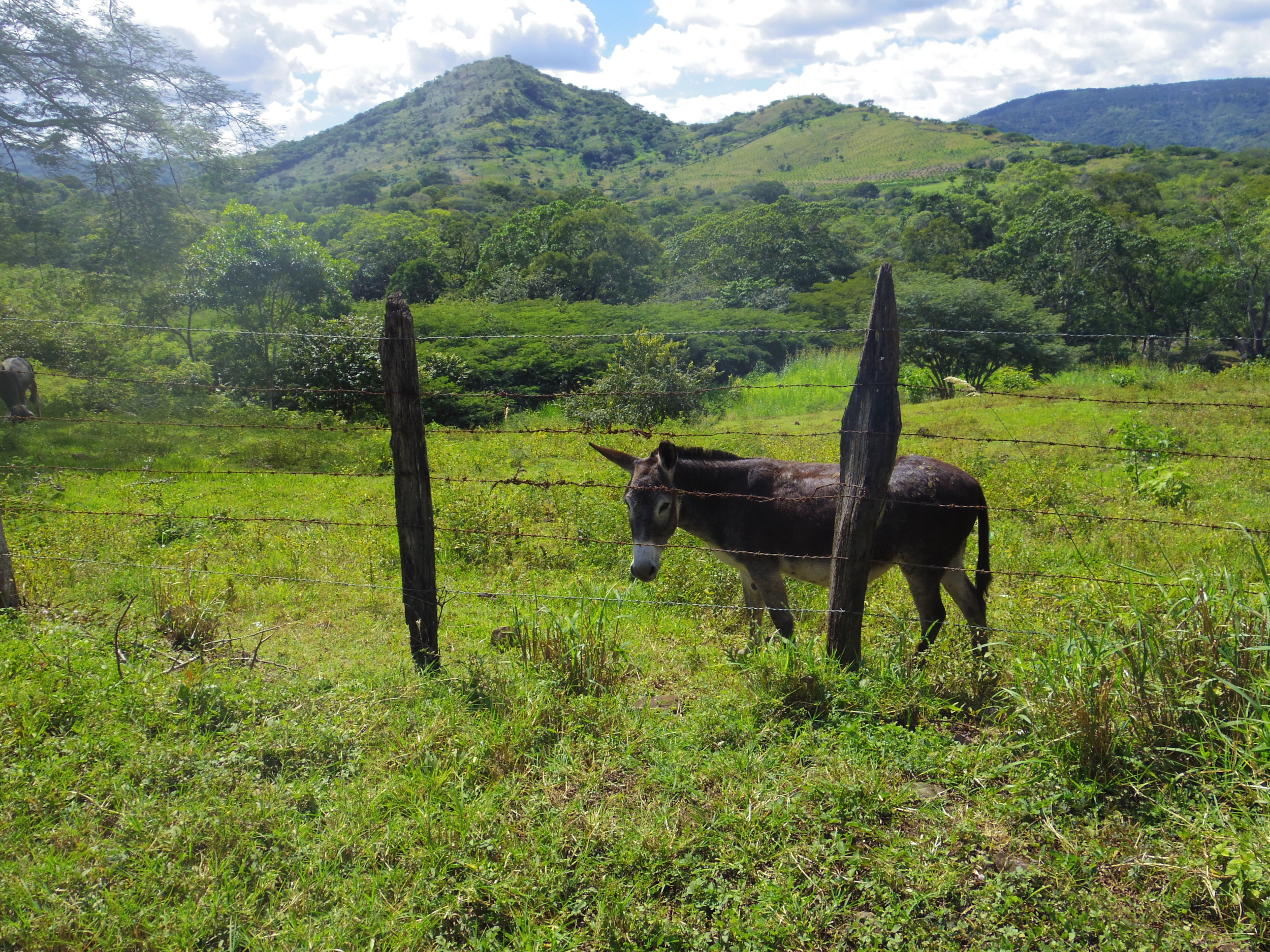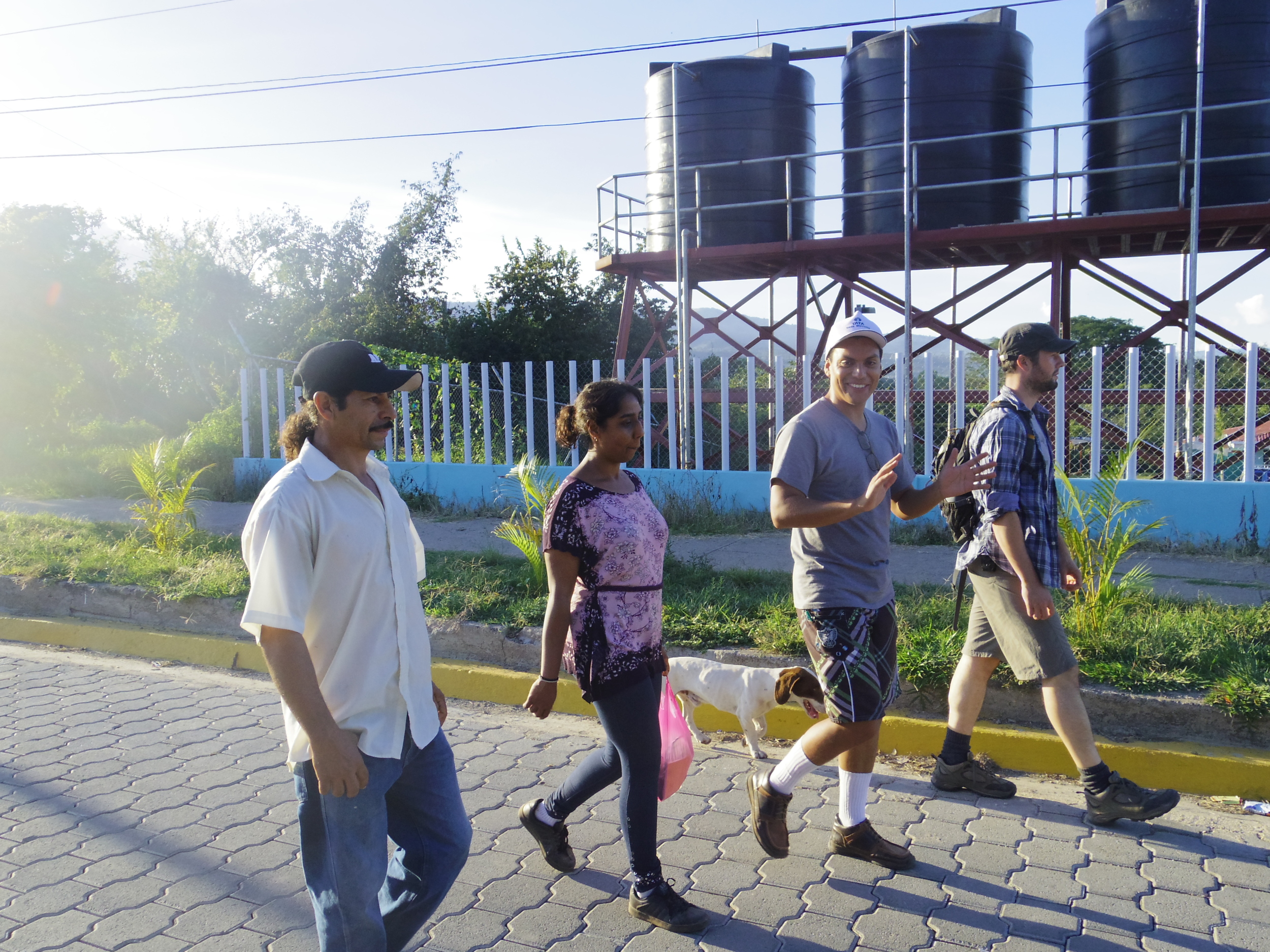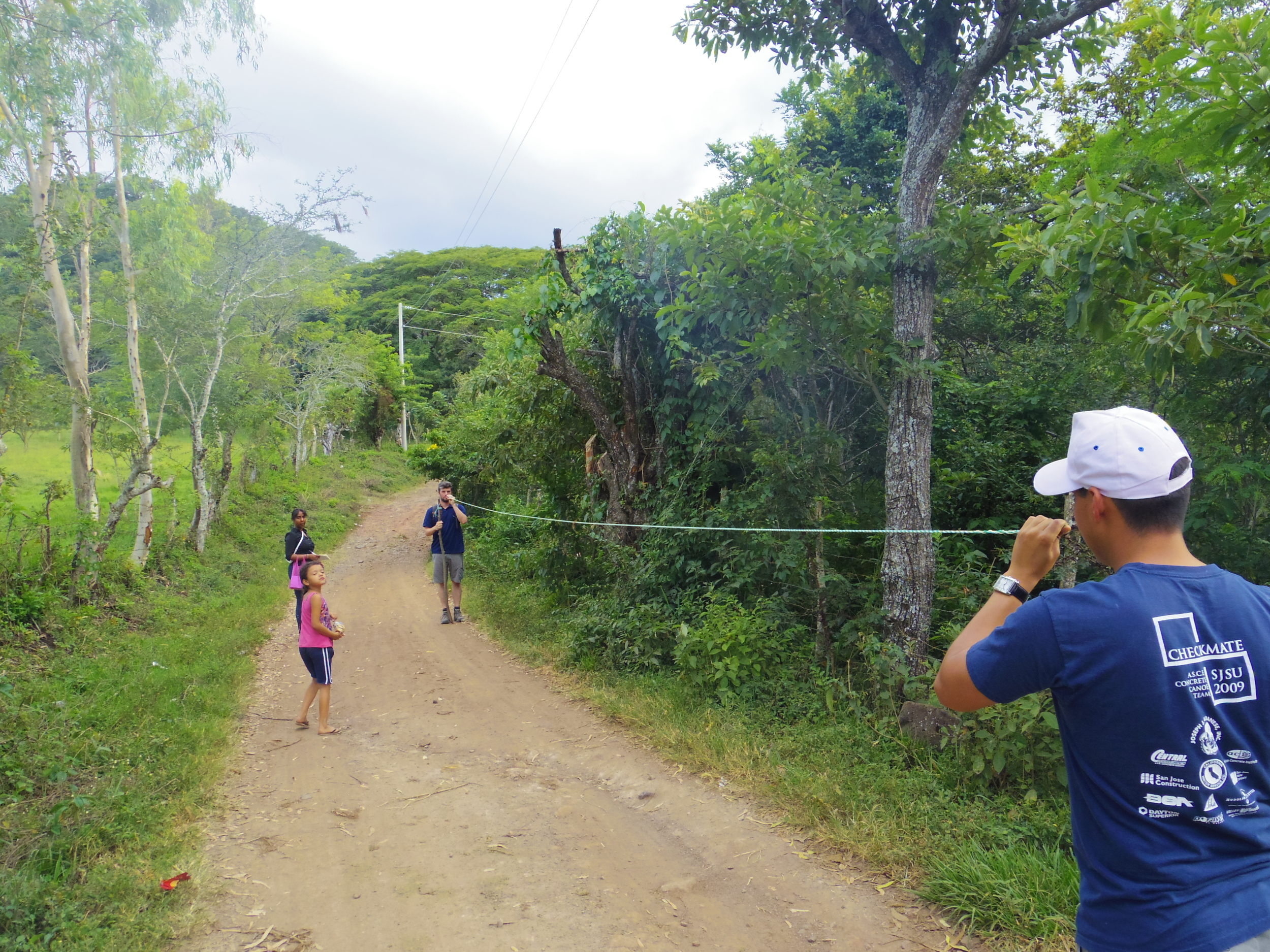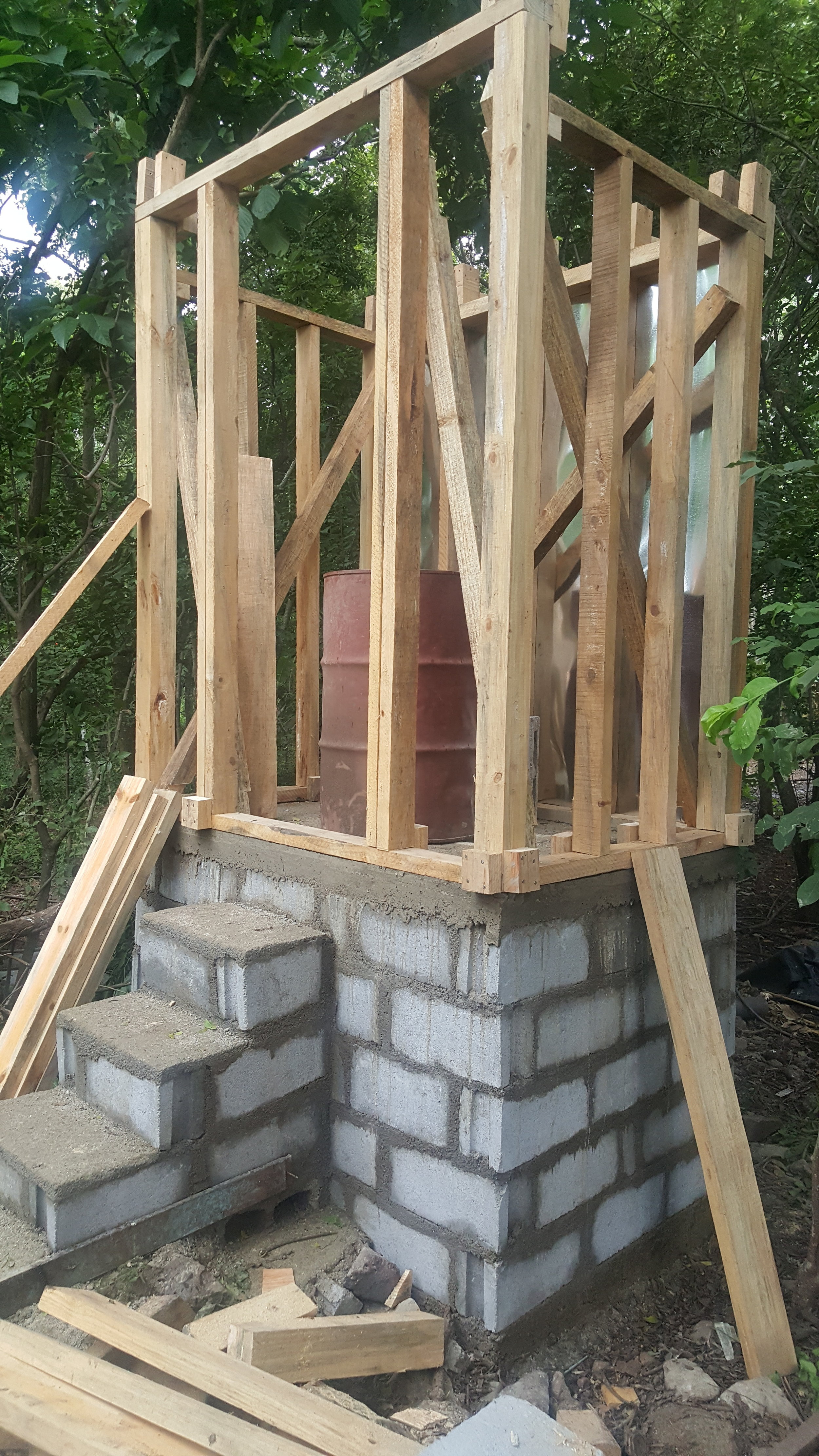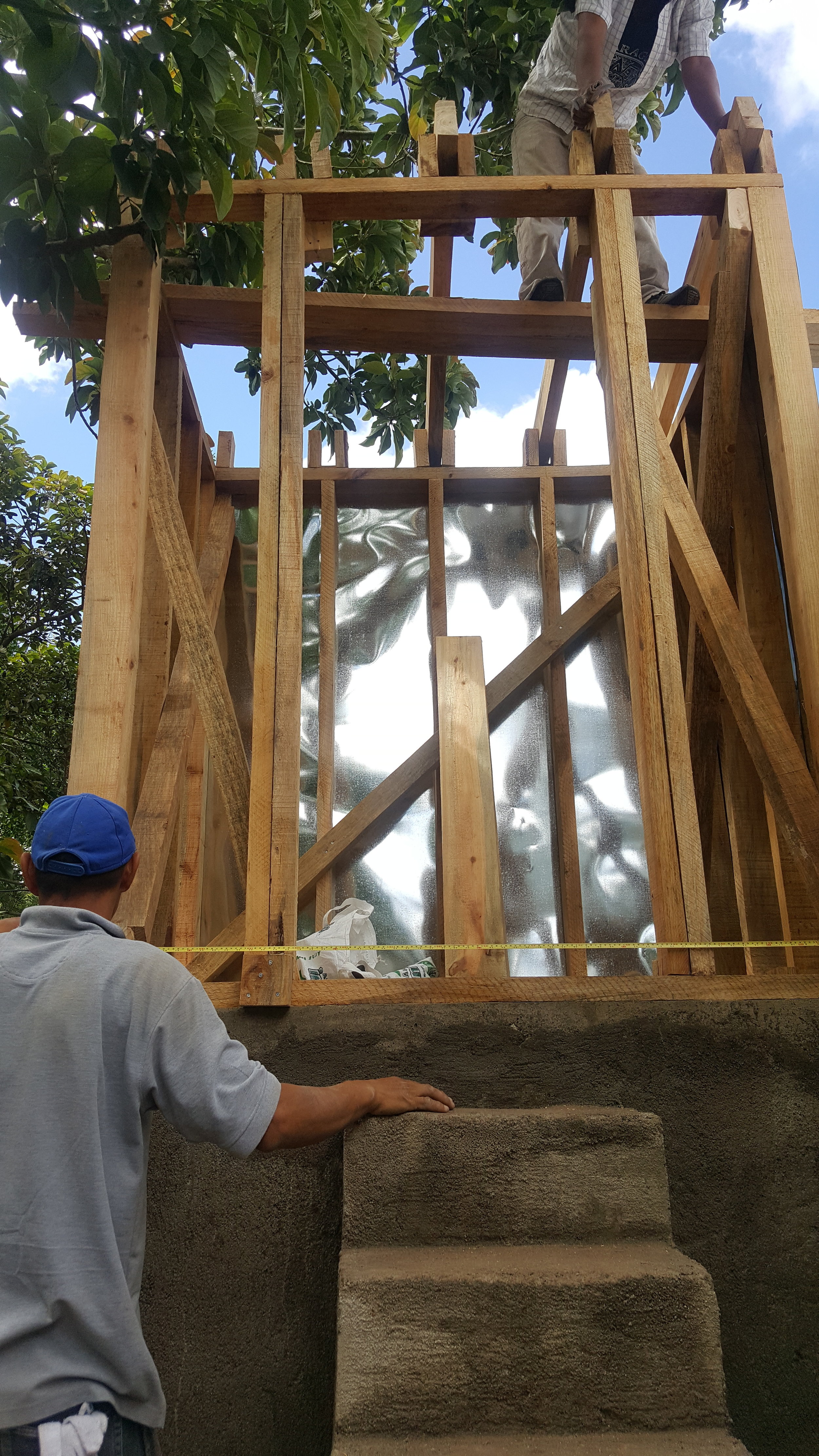Nicaragua - El Limon
Background
El Limón is a farming community of over 60 families near the major town of Estelí. Given its location in the north of the country where the 1970s civil war was fought, El Limón has very strong Sandinista roots and this translates into the insistence that any changes do not disenfranchise the poorer residents. El Limón has kept with the Nicaraguan grassroots model of governance, and the community has a history of organizing, and if necessary, seeking help for its own village improvement initiatives.
Current Work
After assisting with the implementation of the hybrid grid/solar powered water distribution system in El Limón from 2013-2015, the El Limón team is working on another sustainable solution in the community: composting latrines. Once the water system was in place, the community’s next concern was in regard to the quality of their water from the main well in the community.
Dry Composting Toilet. A low cost, low maintenance system that requires no water and produces zero waste
Nearly every household in the community has a pit latrine. Normally, these don’t cause a disturbance as they’re just used until they’re full and then sealed after a replacement has been created. However, a few pit latrines were very close to the community’s main well and this drew concern that the pit latrines could one day contaminate the well water, especially during the heavy rain season. So the community requested assistance with the implementation of composting latrines.
On an assessment trip to the community in 2016, the El Limón team determined that there was no immediate contamination to the well water but still proceeded to work with the community on developing the idea of composting latrines. The team spoke with local communities who had to them to gather info on local construction methods, costs, and advantages.
A composting latrine for the community was designed based on conversations with the community and subject experts. In 2017, the El Limon team traveled to the community to oversee and assist with the implementation and construction of two composting latrines. The community successfully constructed three additional composting latrines per the team's design. The El Limon team is currently monitoring the structure of the latrines and the compost produced to ensure the community can continue to use and benefit from them in the future.
The El Limon team continues engaging with the community despite the recent travel restrictions; both due to political instability and the recent COVID-19 pandemic. In early summer 2020, the team plans to close out the partnership with El Limon with the support of local EWB staff by completing the remaining Monitor and Evaluation activities. The team hopes to gather important information an data surrounding the community's use of the latrines, water quality, solar panel use, and future plans. Once any and all open items with the community are completed, the team will closeout the program and begin seeking where there is the most need for Engineers Without Borders support.
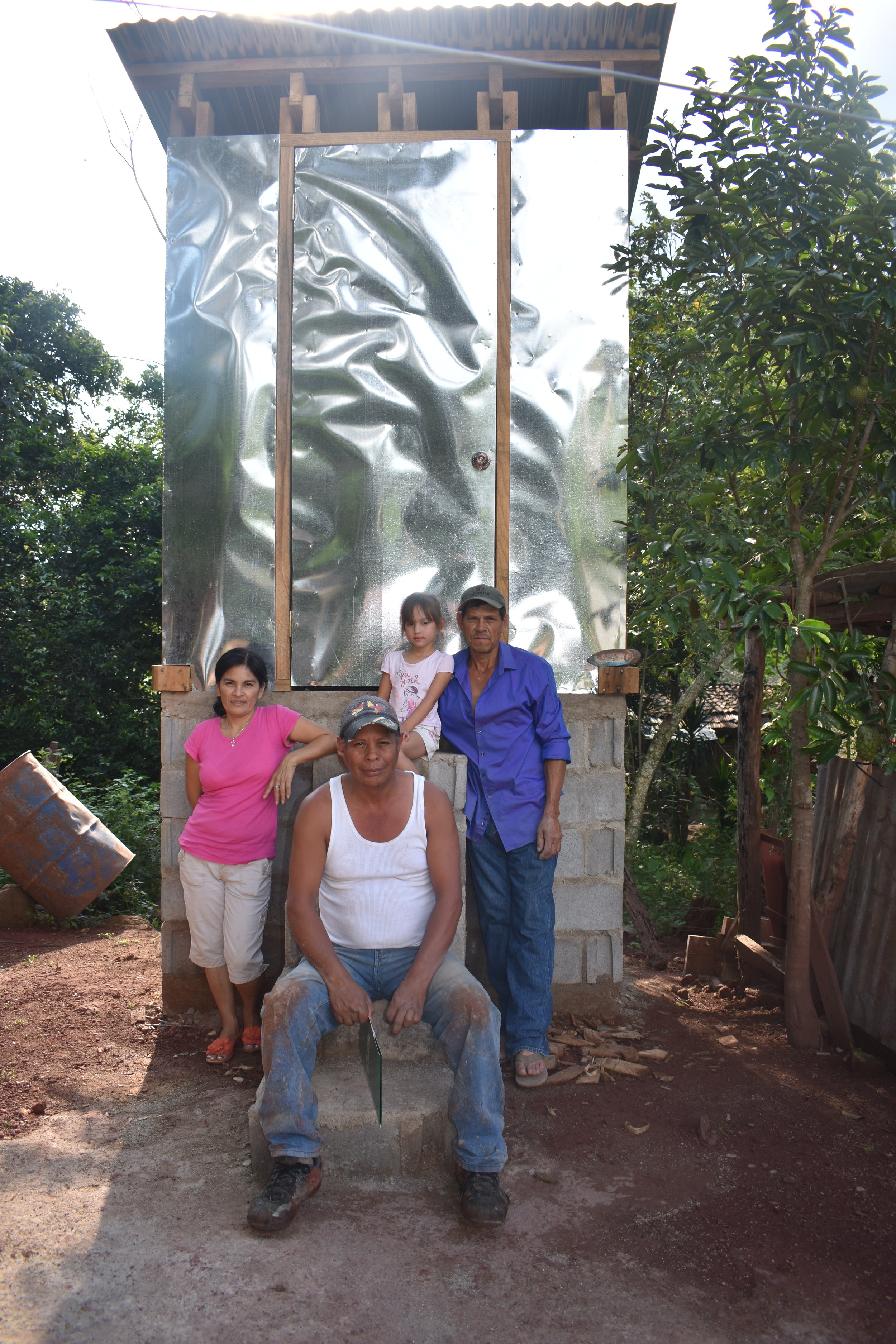
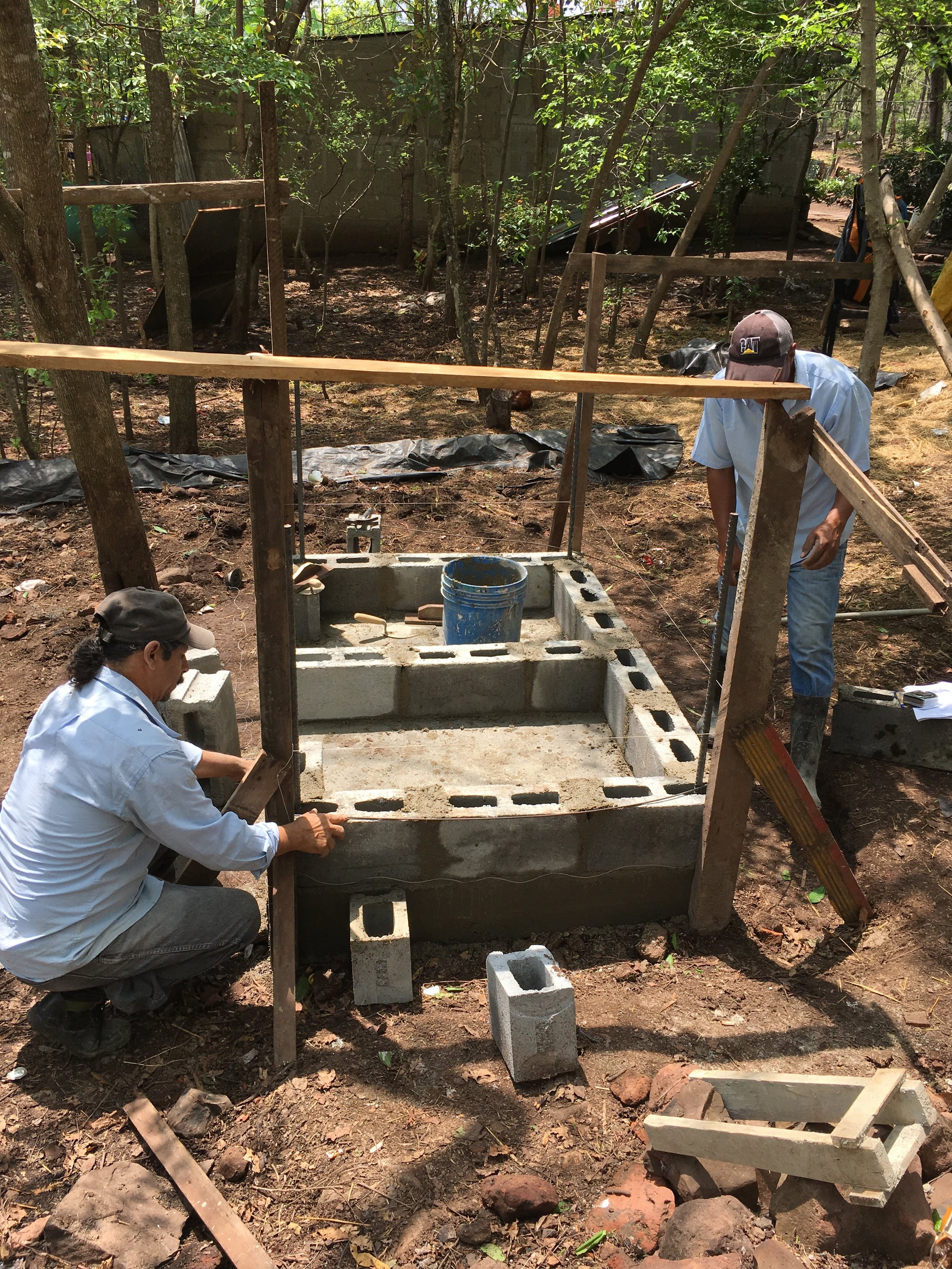
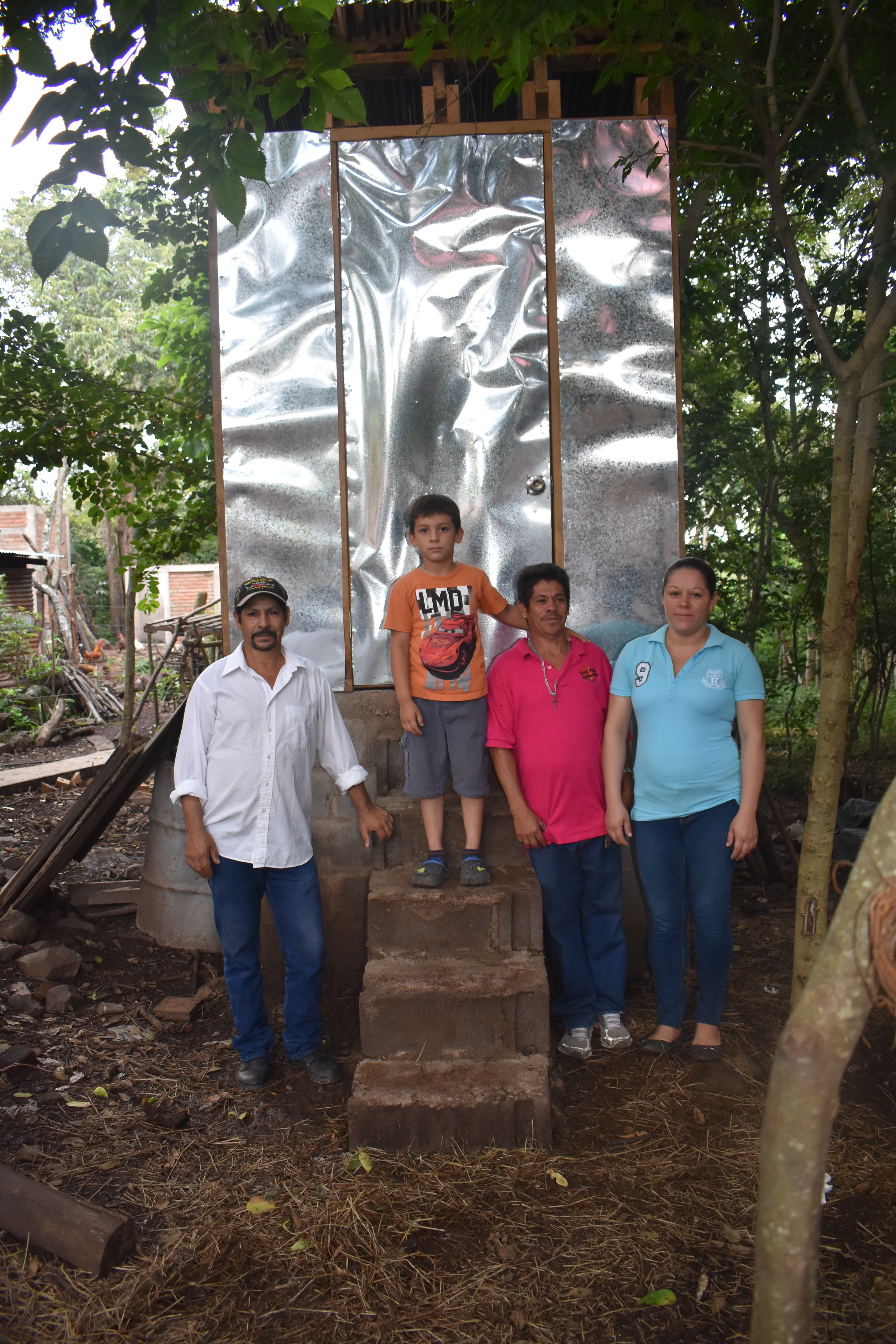
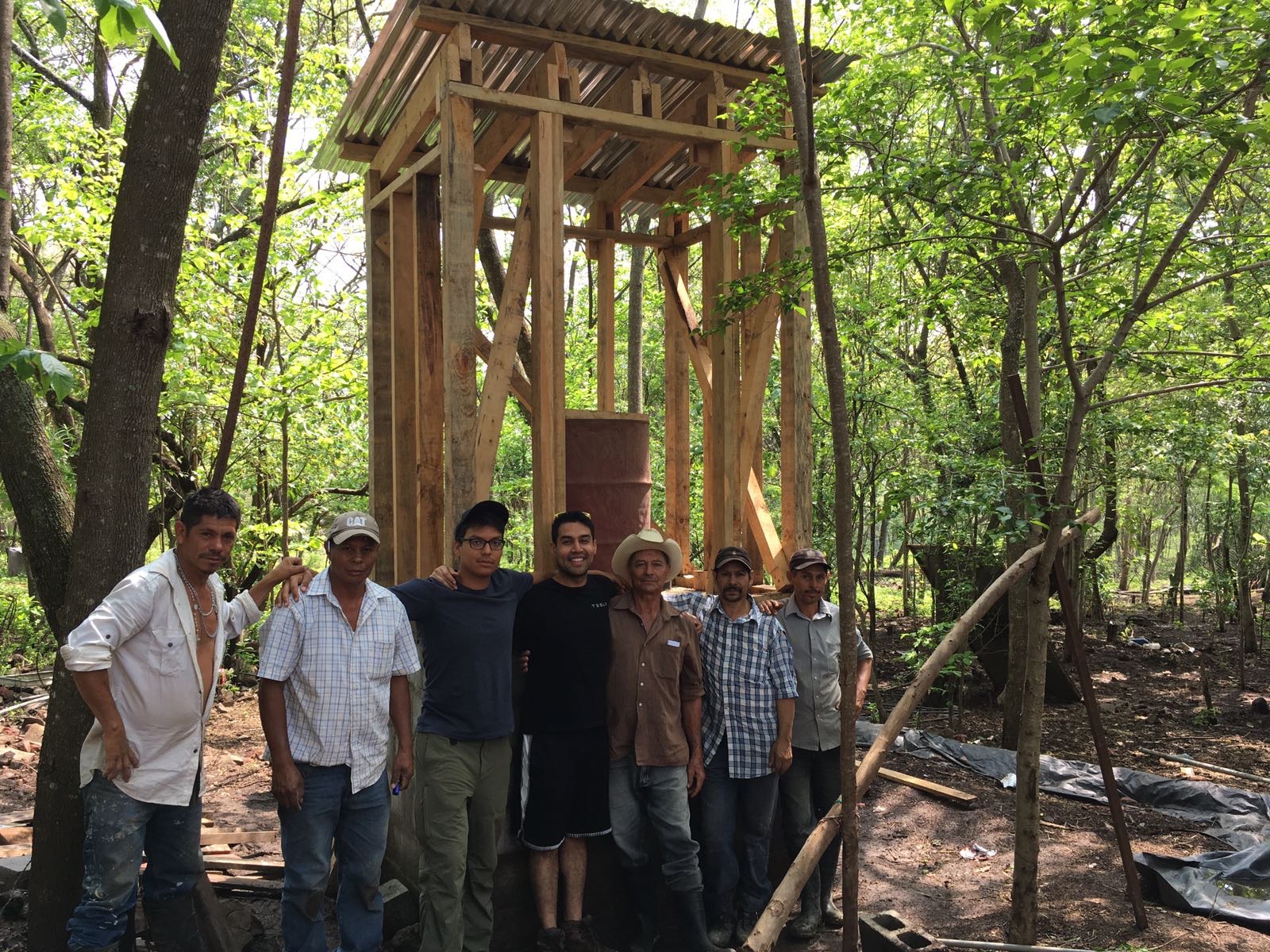
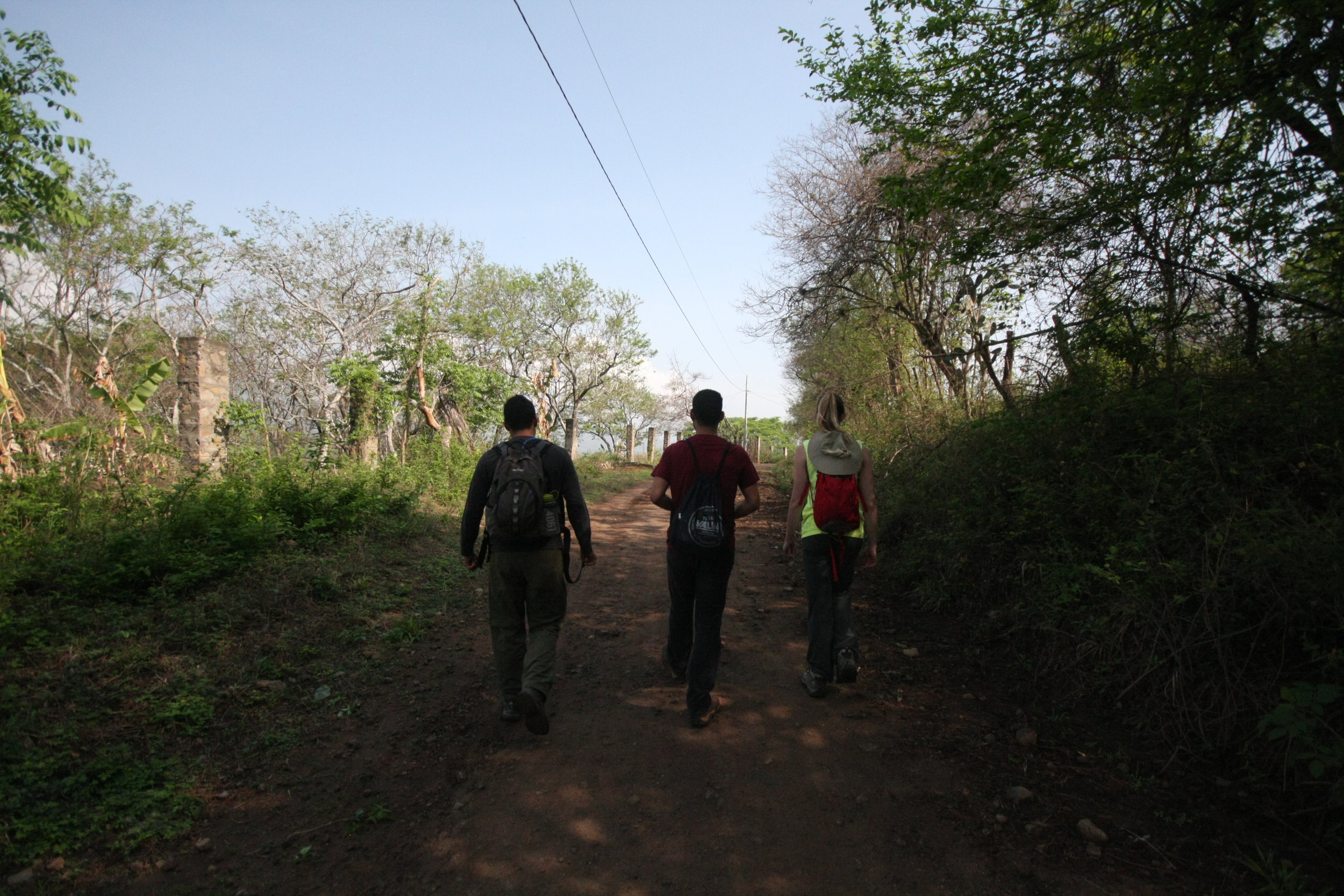
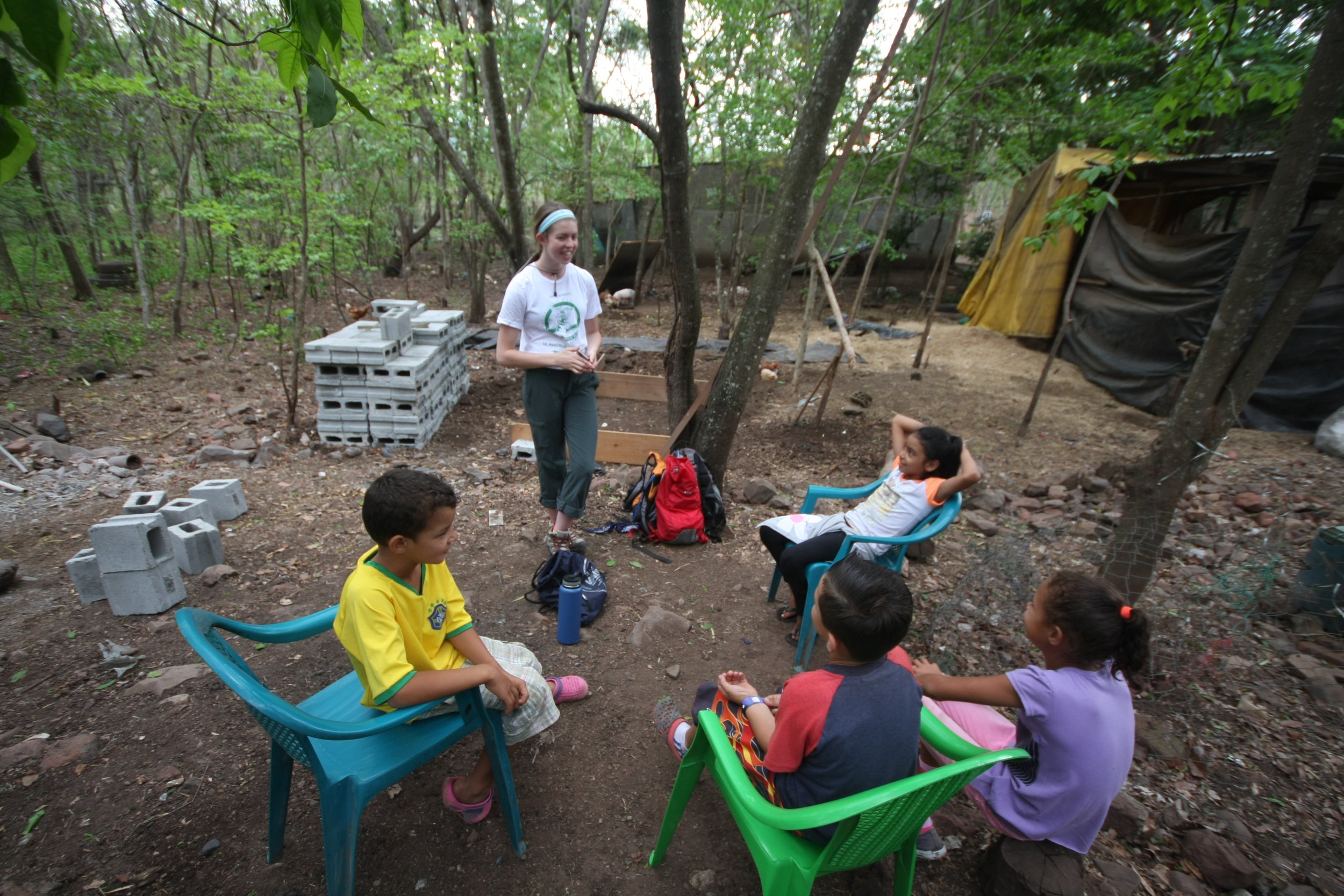
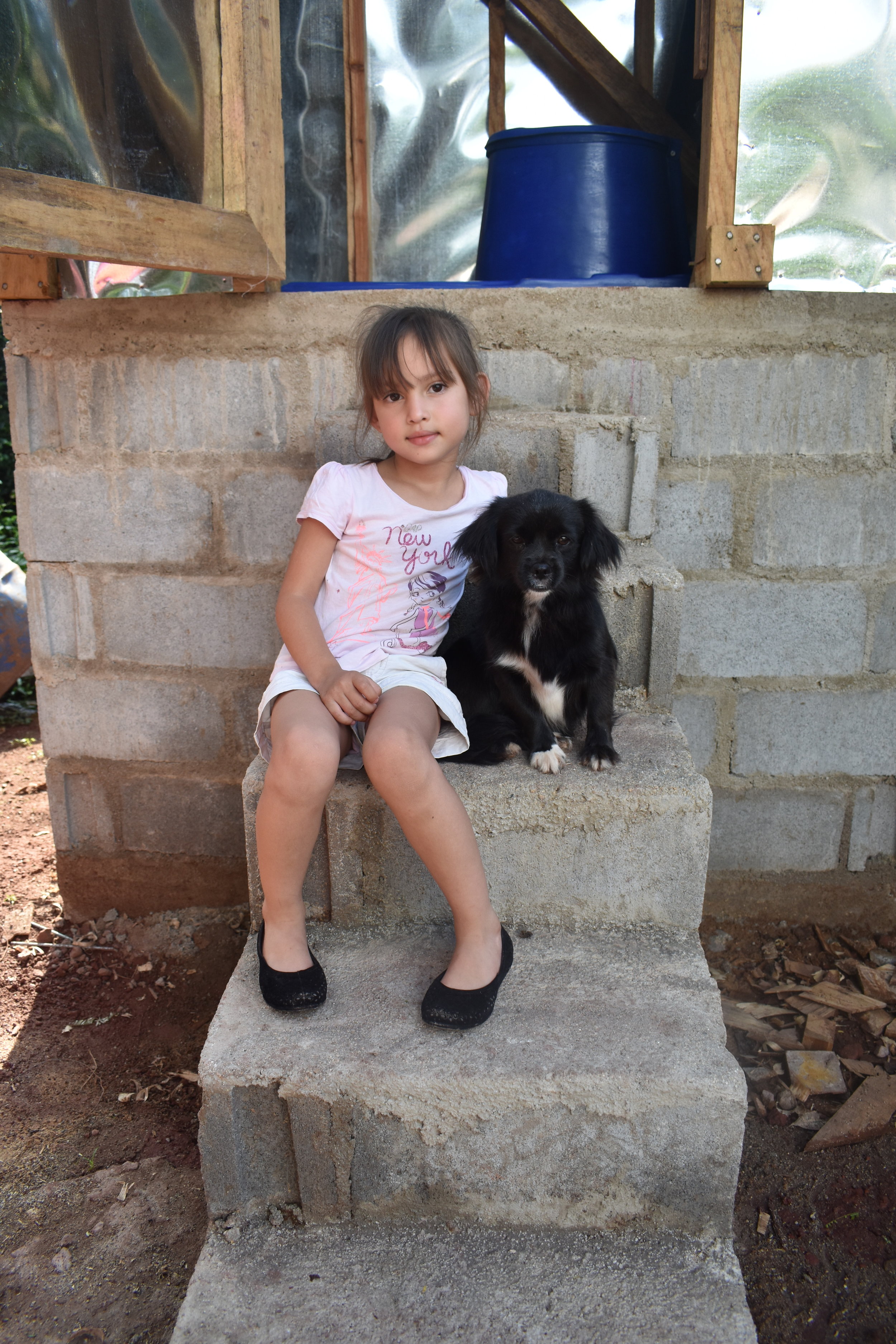
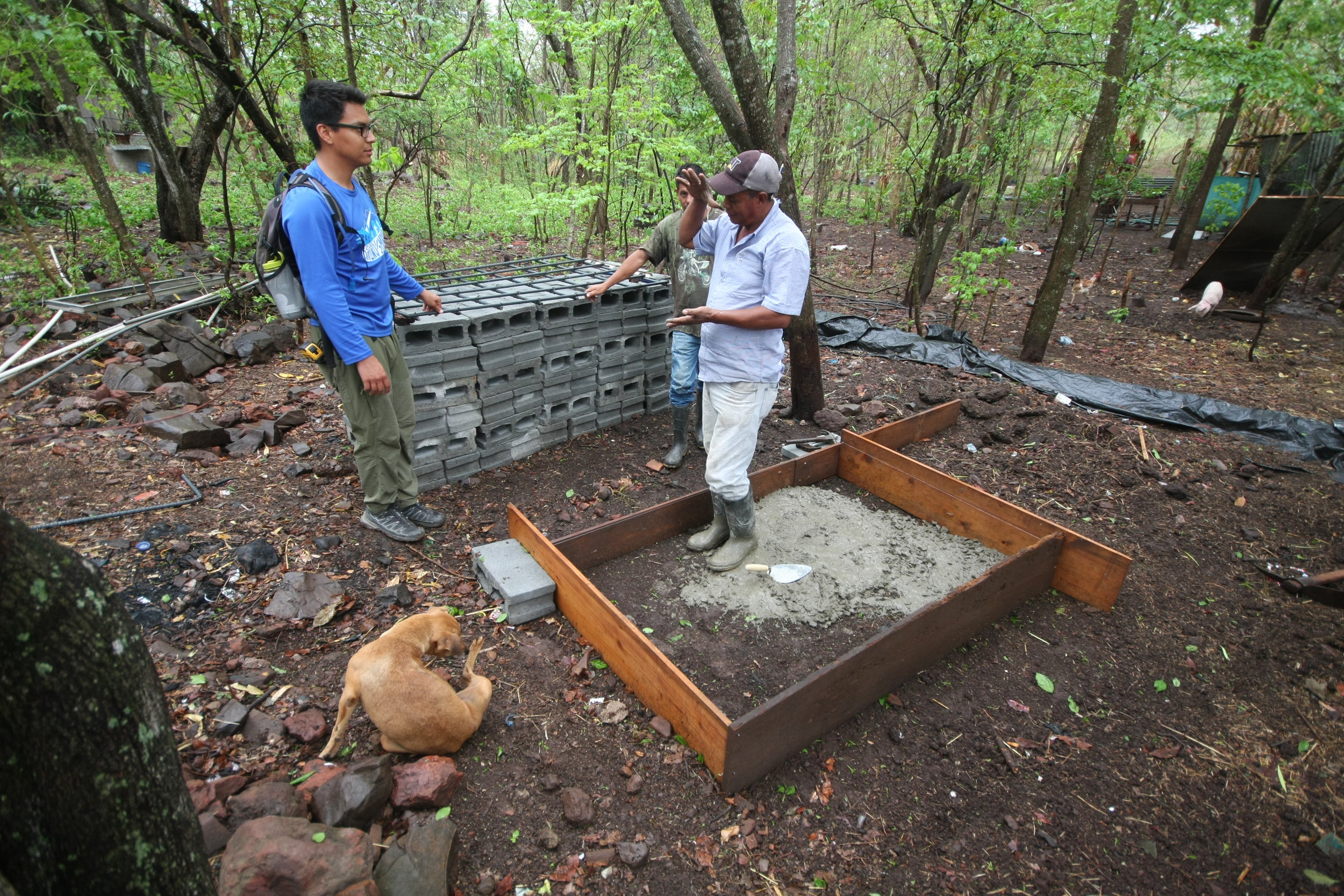
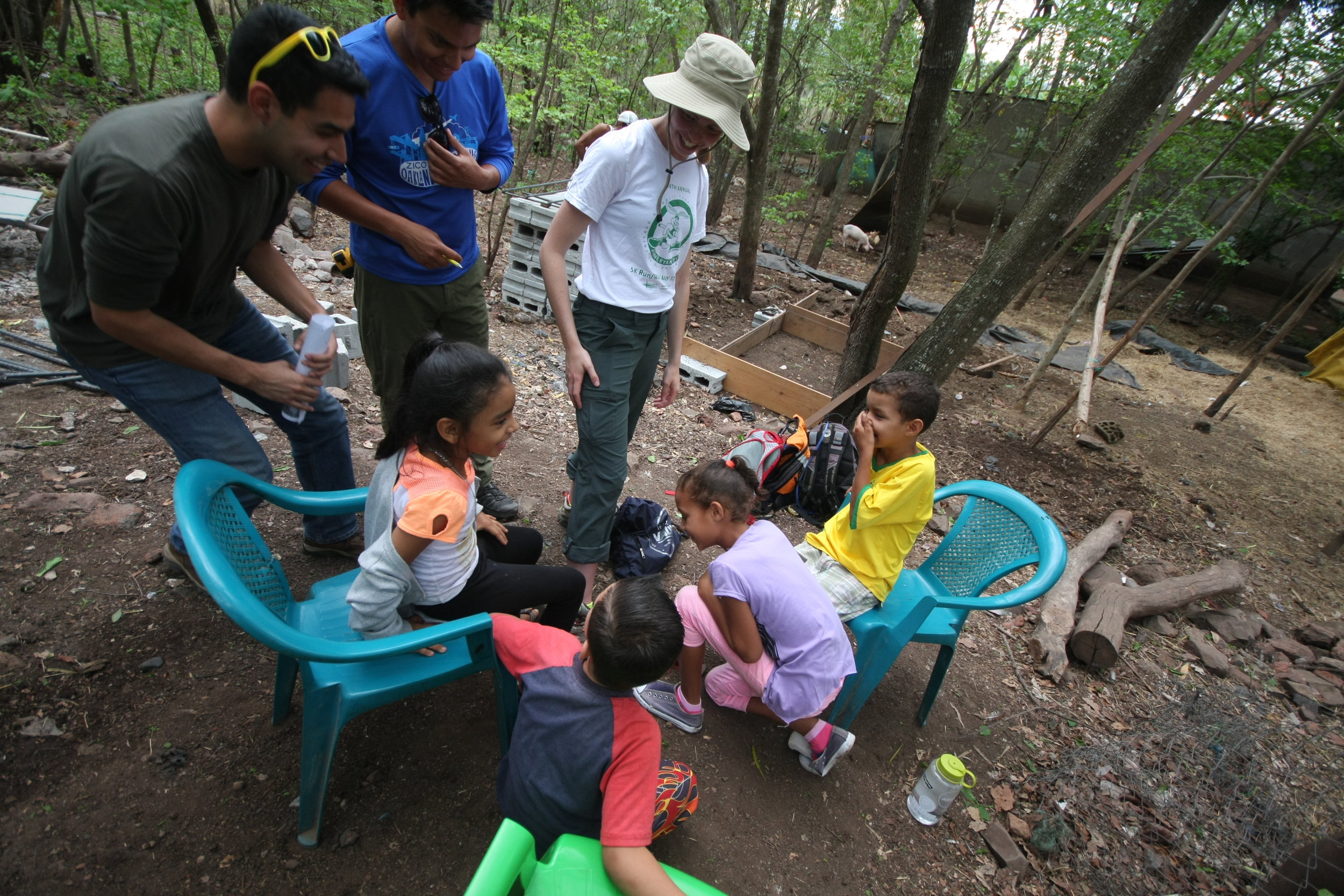
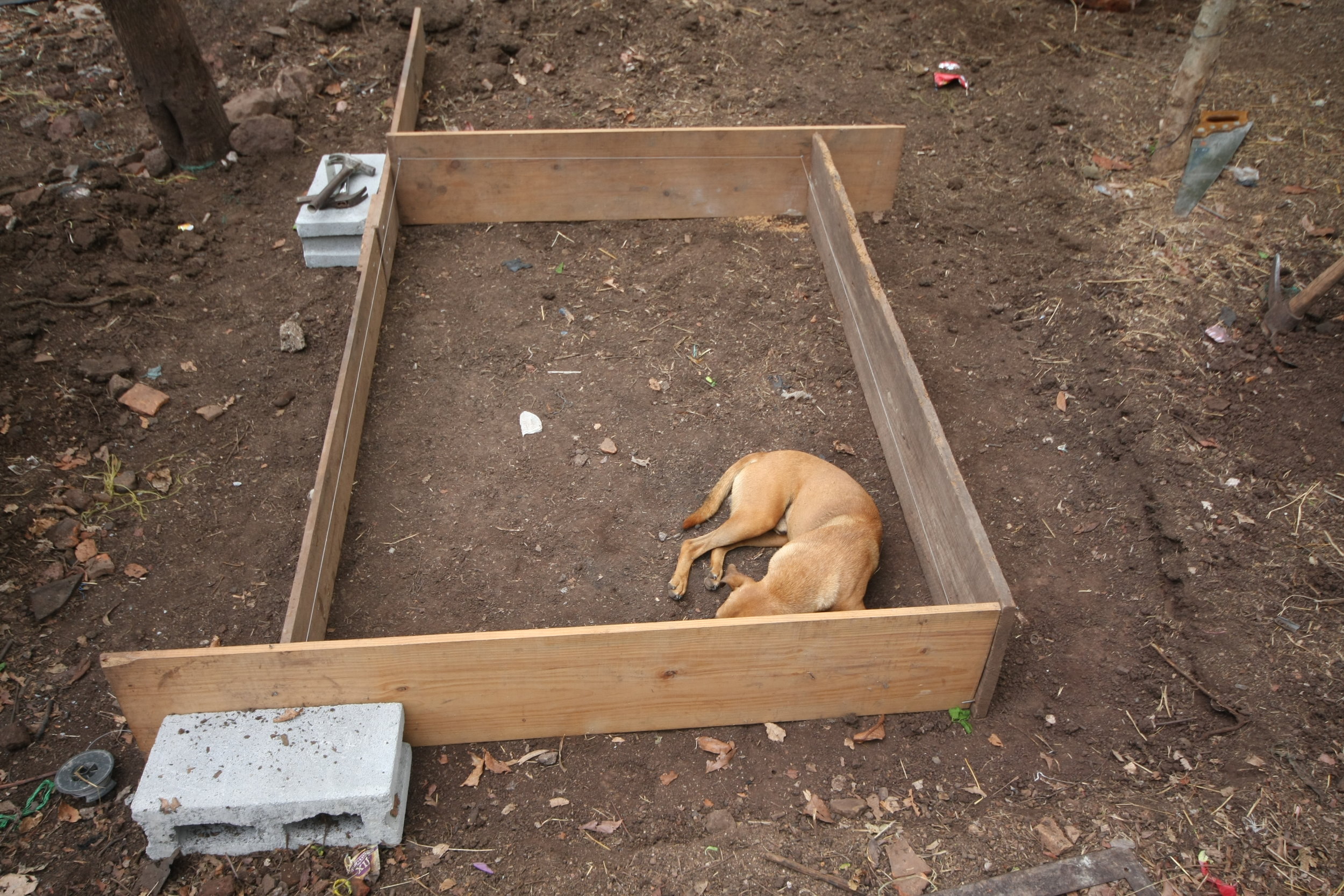
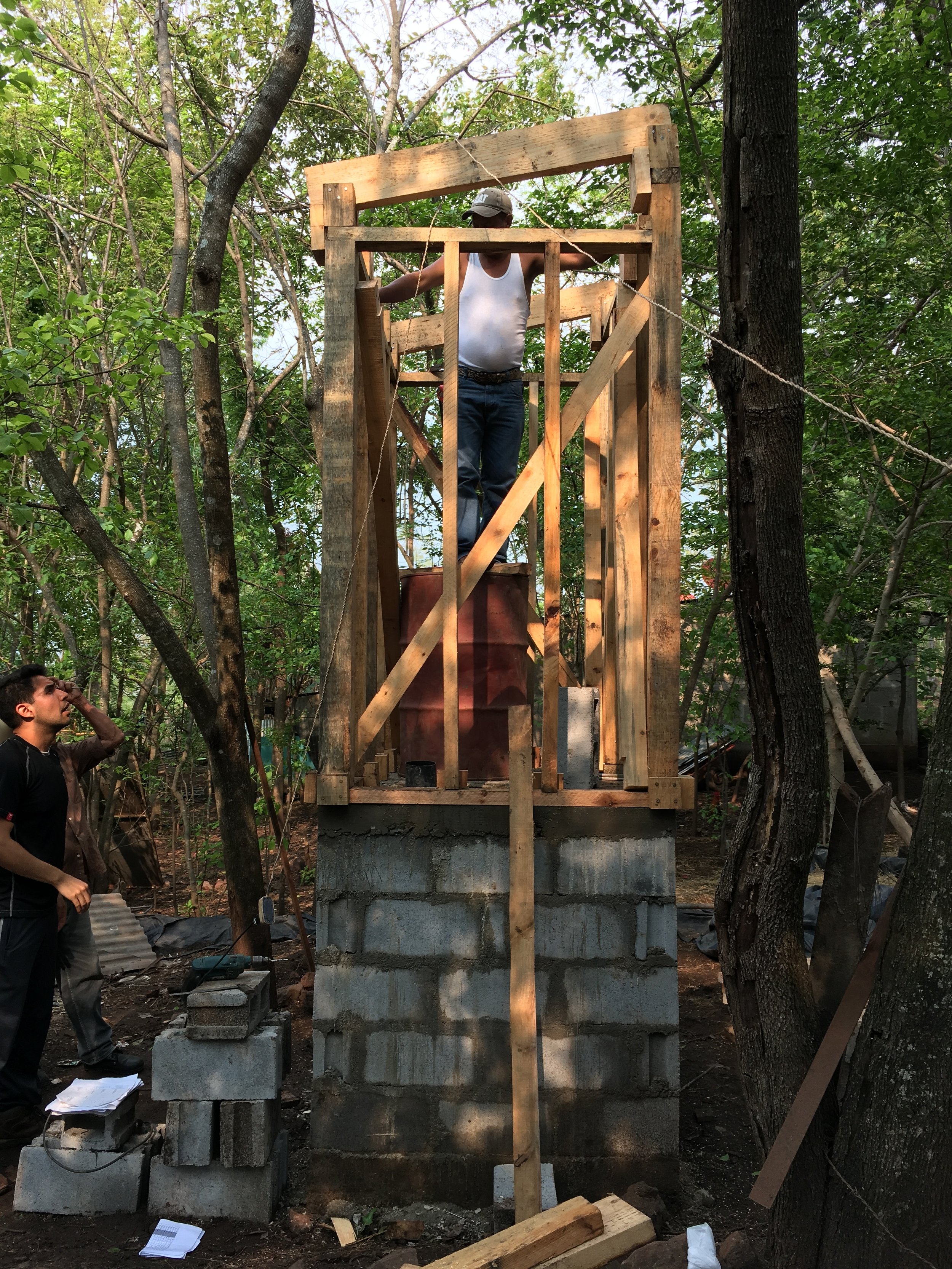
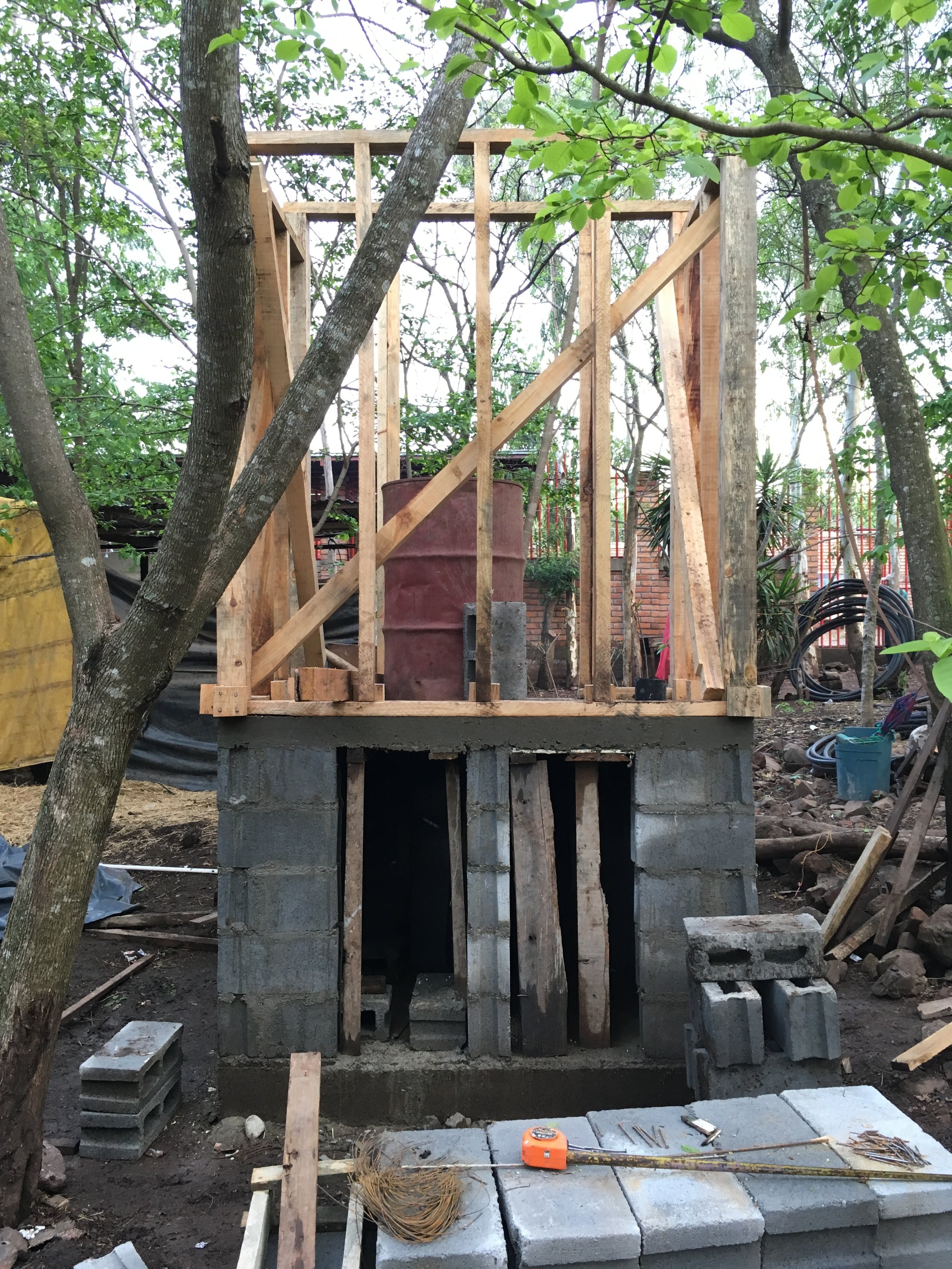
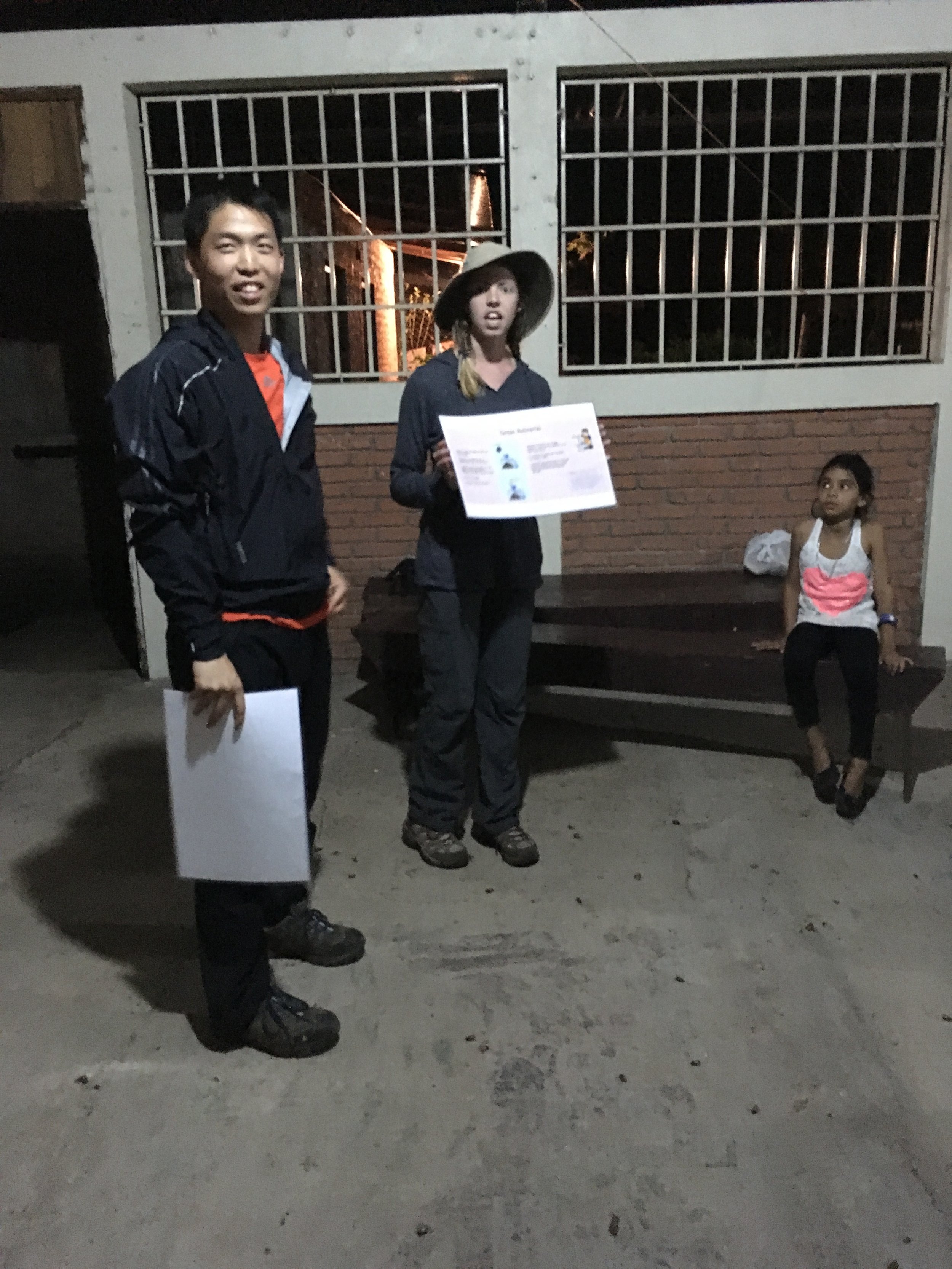
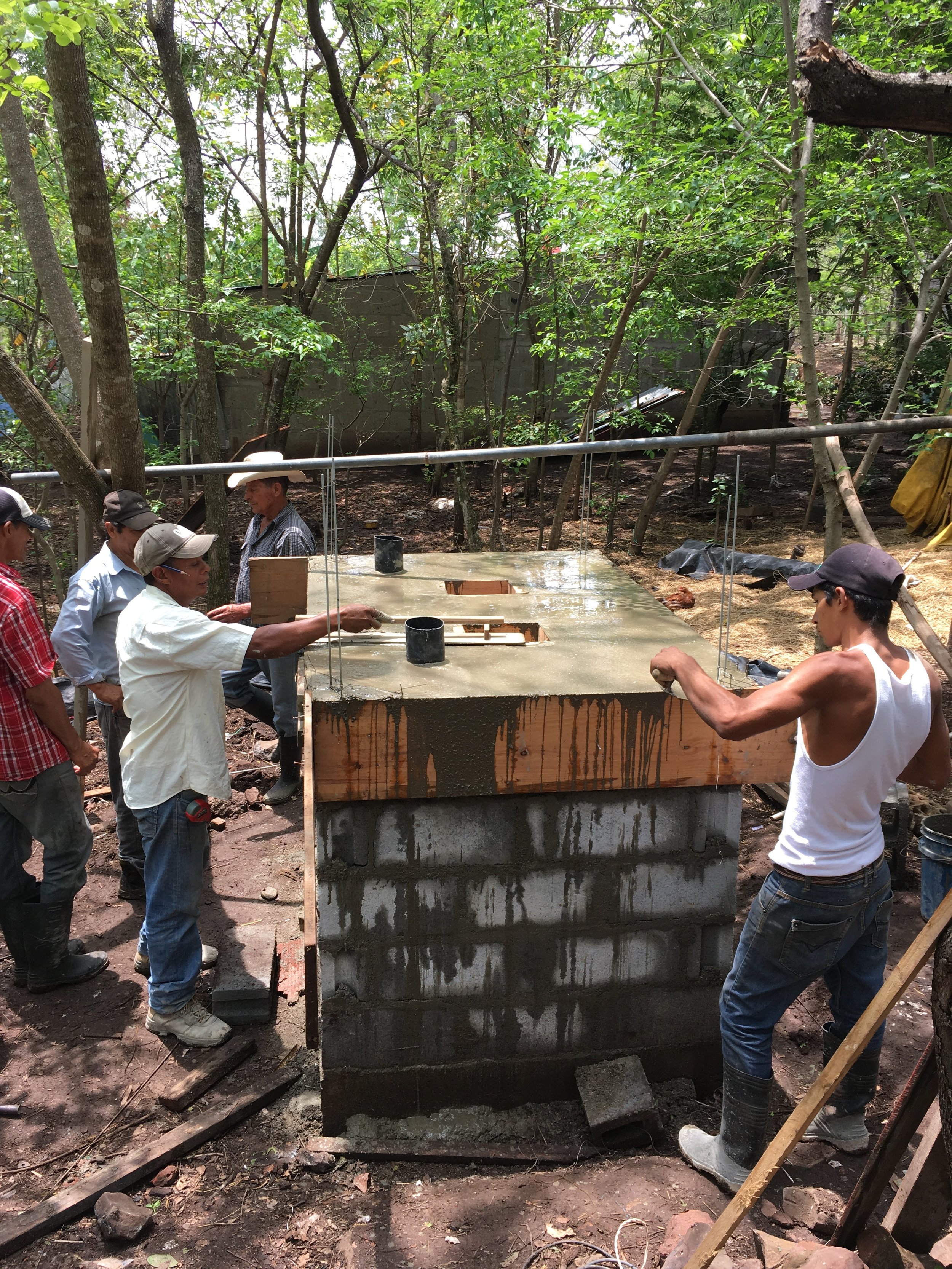
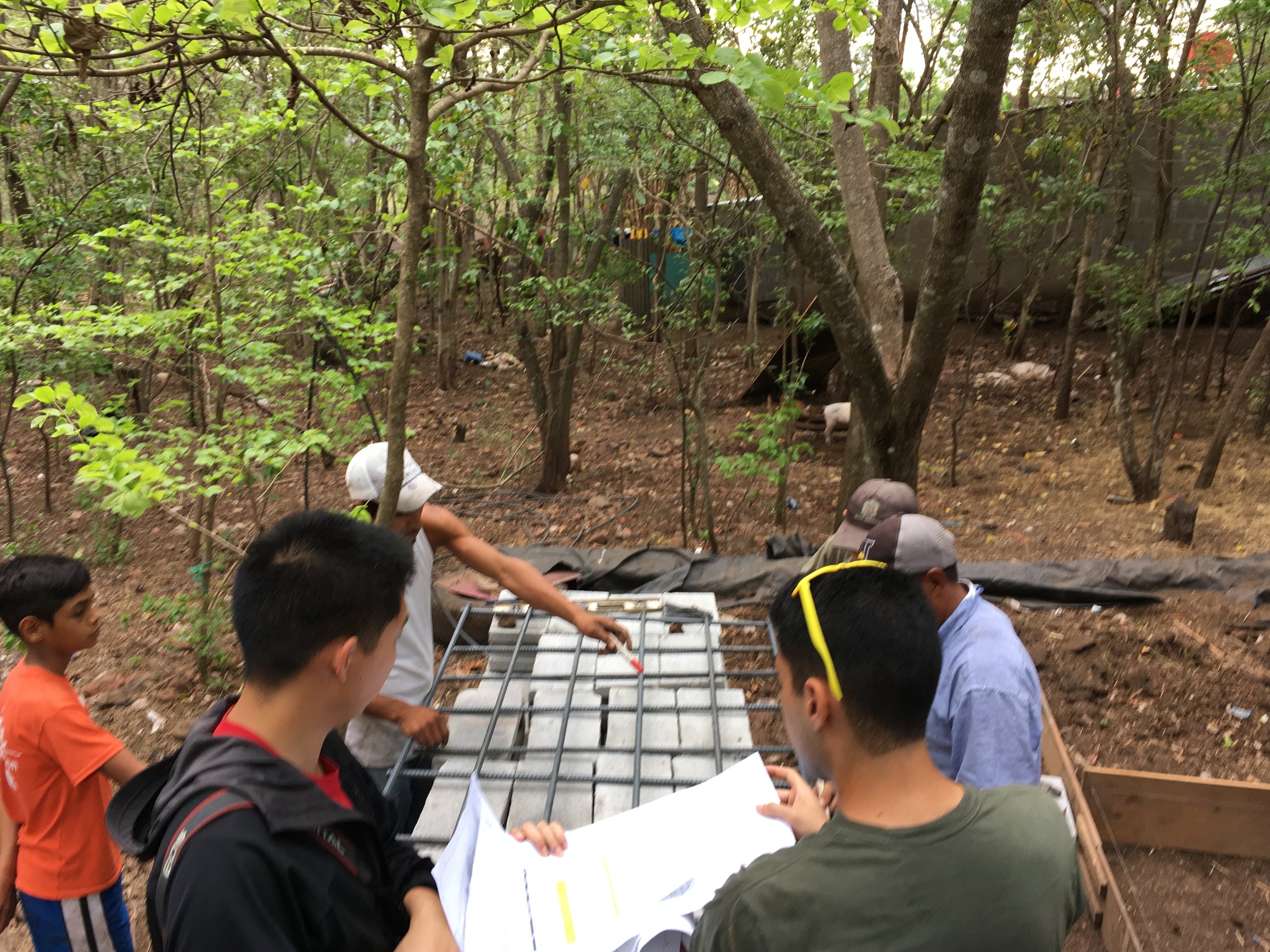
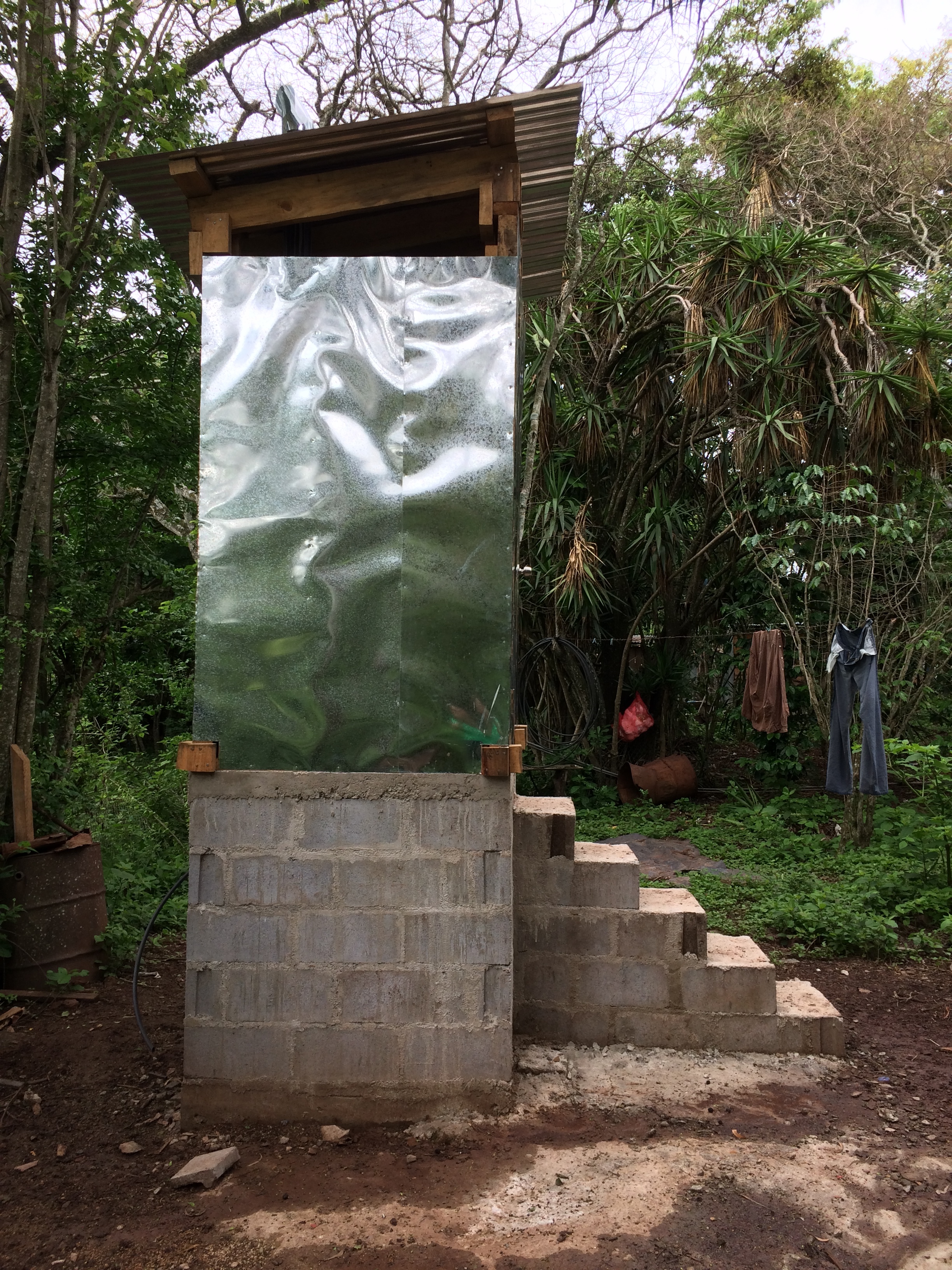
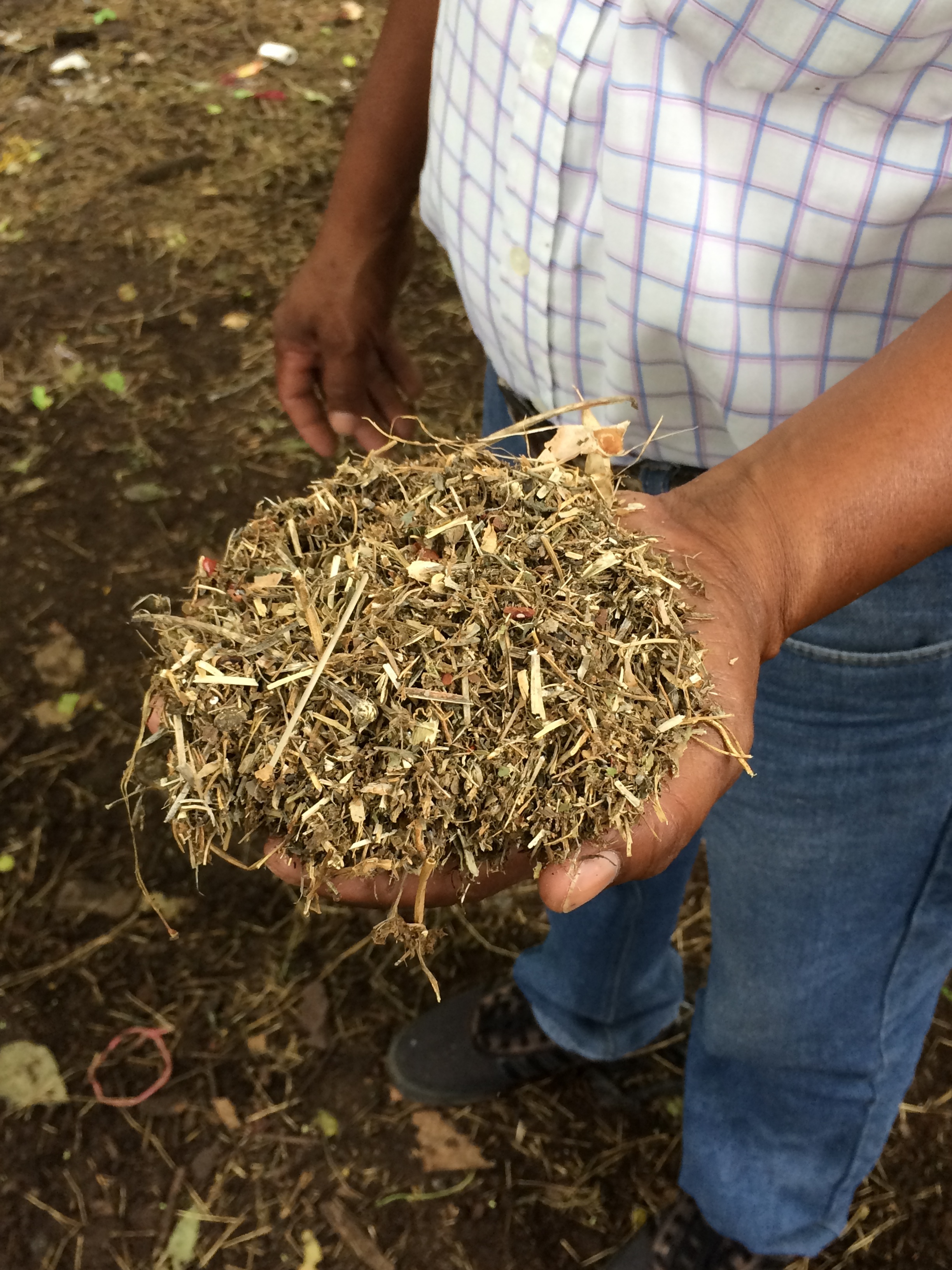
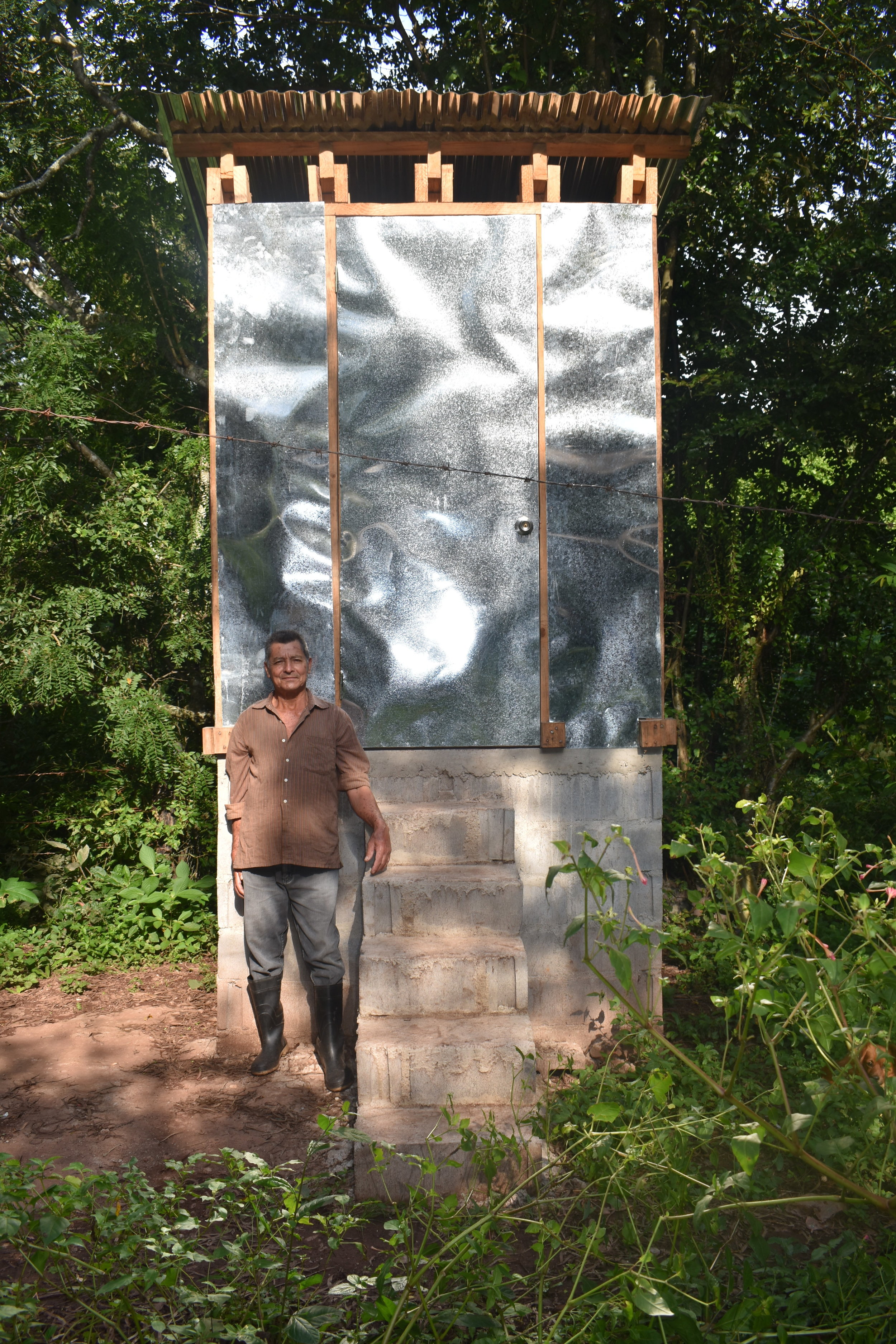
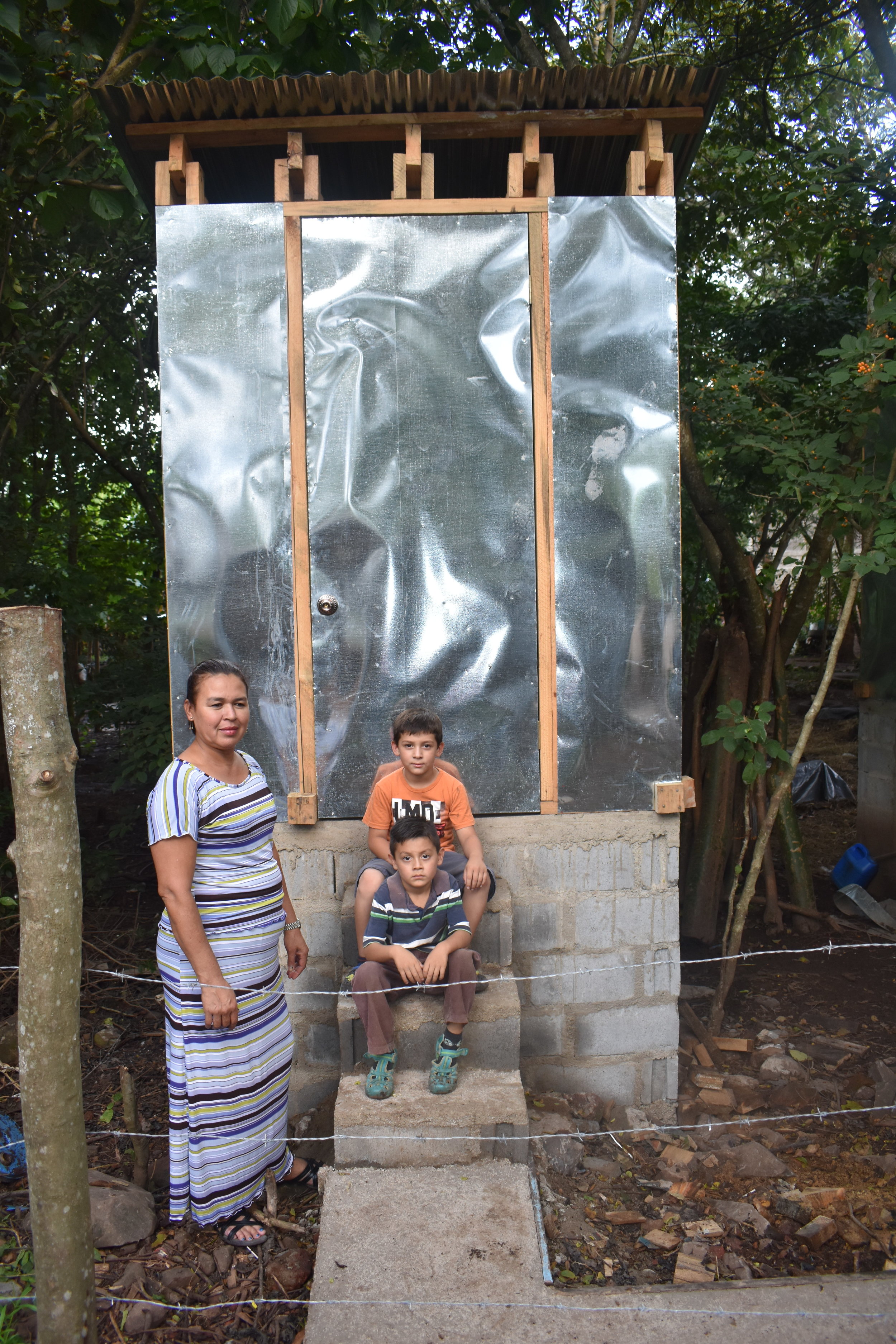
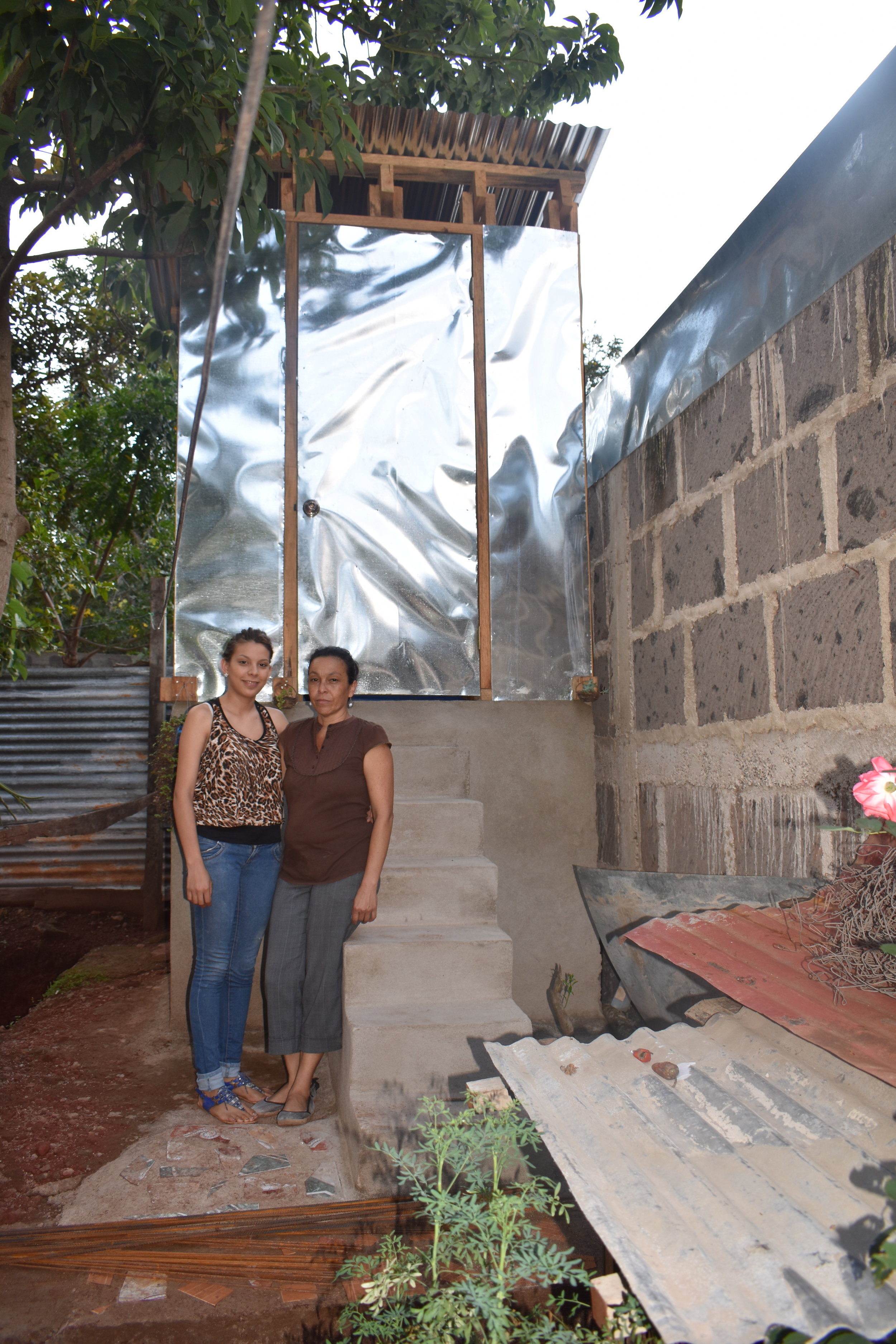
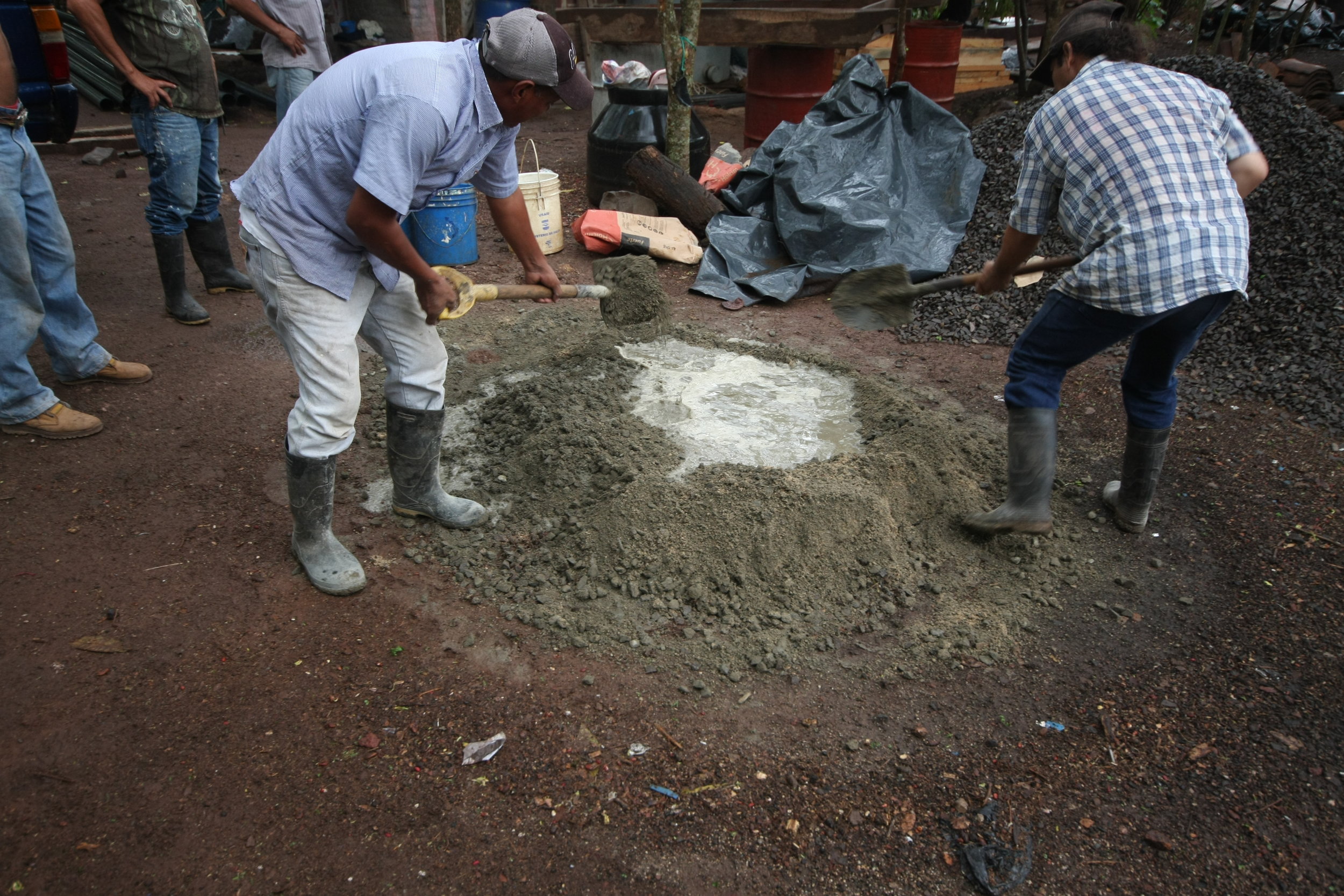
Past Work
In 2007, El Limón’s water committee was formed to manage the installation of the solar-powered water distribution system, and since the installation the water committee has monitored and operated the system, collected funds for maintenance, received complaints from the community, hired engineers to service the system, and administered the utility bills. When the existing system ceased to provide sufficient water to all members of the community, the water community initiated contact with the EWB-SFP team to identify potential solutions for this issue.
Dependable and safe water resources are essential for the community’s health, and without a functioning water distribution system families would be forced to spend hours collecting filthy river water for their household use. As a result of this need for technical support, the community requested EWB to assess the problem and help them identify and implement a sustainable solution. Since the EWB-SFP project team’s trip to the community, the team has been dedicated to working with El Limón’s Water Committee and developing an affordable, feasible, and sustainable solution.
During a November 2013 assessment trip, the EWB-SFP project team performed interviews and surveys, and realized that El Limón’s storage tank did not reach sufficient capacity for there to be enough head to reach many homes in the village. Because the pump is solar powered, insufficient water is pumped on cloudy days to meet demand and the storage tank was not filled at night. After performing a feasibility study, a hybrid grid/solar powered solution was proposed. If the system were connected to the grid, the community could connect the pump at night and let the tank fill up so that in the morning there would be enough head to reach the homes at the extremities of the village. Additionally, on cloudy days they could connect to the grid and have enough power to continue to pump water.
Get Involved
Check out the Events Calendar for upcoming team meetings and fundraisers
E-mail volunteer@ewb-sfp.org to find out about getting involved on this team
Join us in the fall at SFari 2019, our annual fundraiser
Make a donation! All funds, whether $5 or $500, help the teams in changing someone’s life
